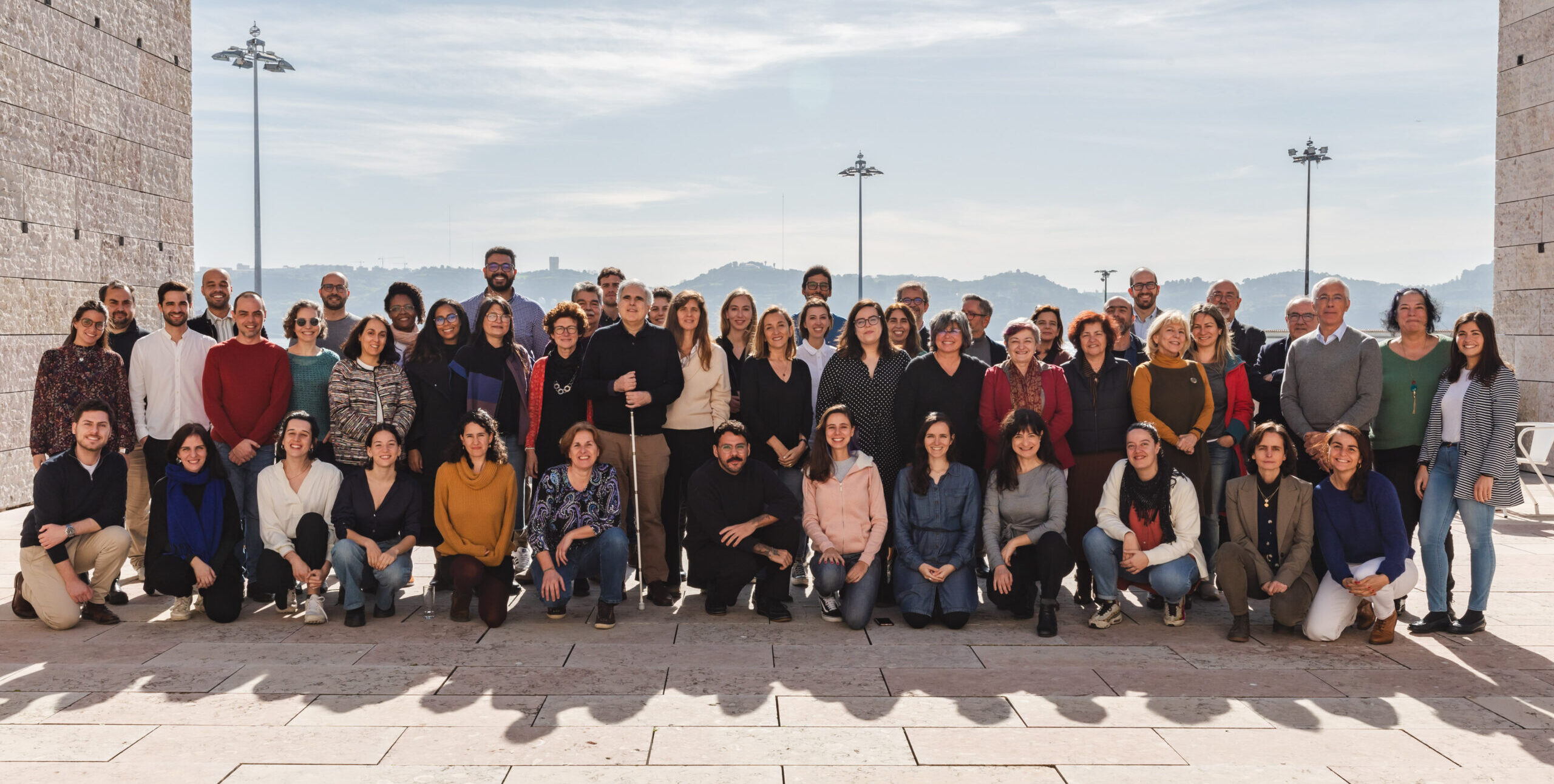Susana Ventura (Coimbra, 1978) is an architect, philosopher, critic and curator specialising in contemporary art and architecture. She holds a degree in Architecture from the University of Coimbra (2003) and a PhD in Philosophy/Aesthetics from Universidade Nova de Lisboa (2013), with the thesis The Body without Organs of Architecture, supervised by Professor José Gil, with research residencies at the offices of Diller Scofidio + Renfro, Lacaton & Vassal and Peter Zumthor. She is currently Assistant Professor at IST, University of Lisbon. In 2014, she received the Fernando Távora Prize and represented Portugal at the 14th Venice Architecture Biennale. She is a member of AICA and CICA.
BOARD
Ana Tostões
PhD
ana.tostoes@tecnico.ulisboa.pt
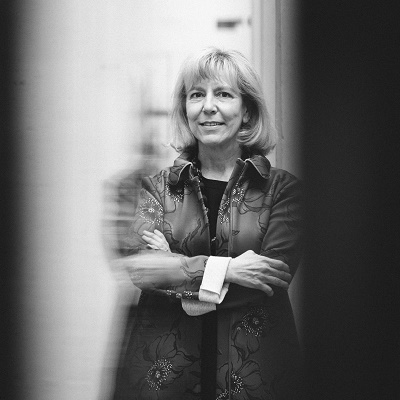
Ana Tostões is an architect, architecture critic and historian. Full Professor at IST – University of Lisbon, and leader of the Heritage research line of CiTUA. Invited professor at University of Tokyo, Universidad de Navarra and FAUP. Her research field is the critical history and theory of Modern Movement architecture. On this field she has published namely Key Papers in Modern Architectural Heritage Conservation and Modern Heritage. Reuse, Renovation, Restoration. She was PI of the research projects Exchanging World Visions and Cure and Care_the rehabilitation and co-PI of The Critical Monumentality of Álvaro Siza. President of Docomomo International and editor-in-chief of the Docomomo Journal (2010-2021). She is president of the Portuguese section of AICA and Docomomo Portugal. She is member of the Academia de Belas-Artes and Academia das Ciências de Lisboa and was distinguished with the Order of Infante Dom Henrique.
Francisco Teixeira Bastos
PhD
francisco.bastos@tecnico.ulisboa.pt
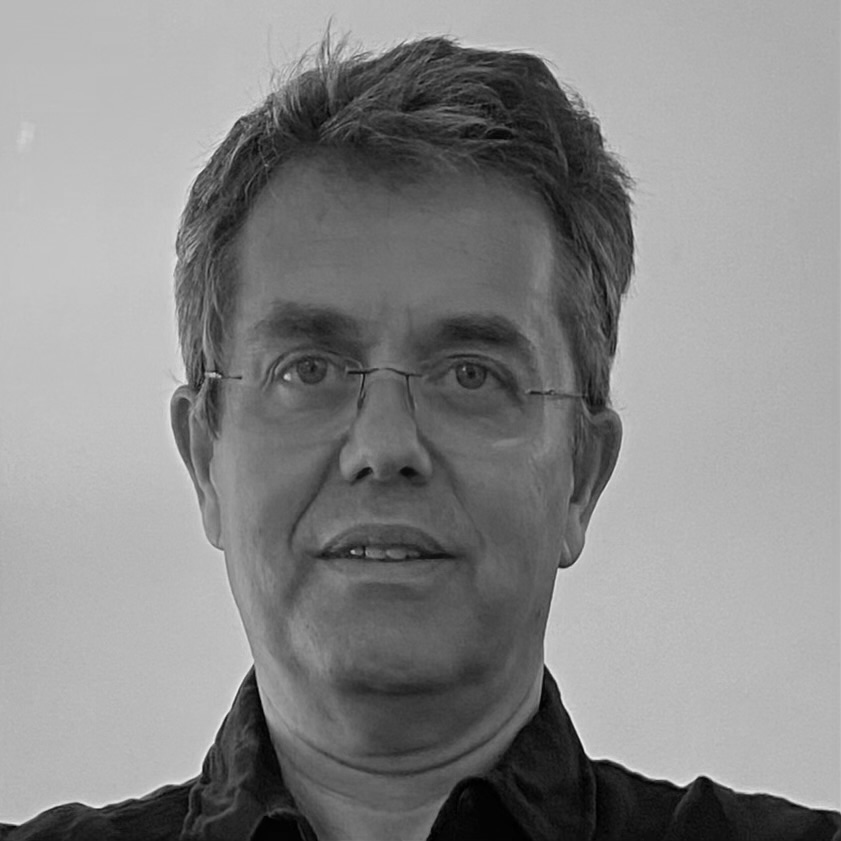
Francisco Teixeira Bastos has been an assistant professor at IST- University of Lisbon since 2000, teaching Design Studio I and BIM for Architecture. He has coordinated the PRACTICE BASED Research investigation line at CiTUA since 2000. He is an investigator of the BoSS – Bauhaus of Seas Sails and R2UTechnologies – Modular Systems|GRANT PRR Projects. Currently coordinates the Erasmus Mundus RMB- Reuse of Modern Buildings. The fields of Design process, Design protocols and BIM are the most relevant for his research. As a practitioner, teacher and researcher, creates ground for crossing experimentations.
Maria do Rosário Partidário
PhD
mariapartidario@tecnico.ulisboa.pt

Maria do Rosário Partidário is a Full Professor of Planning, Urbanism and Environment of IST-UL. In the last 20 years, Maria has largely contributed to the scientific fields of Environment and Sustainability, Strategy and Governance, Social-ecological Systems and Ecosystem Services, Planning and Environmental and Social Policies. Her noteworthy contributions passes through the coordination of: the Horizon Europe project BioValue, involving 7 European partners to focus on the transformative potential of spatial planning to invert current trends of biodiversity loss; the FCT project BRIDGE on bridging participatory diagnosis and capacity-building for territorial resilience; the FCT project TRUST focusing on sustainability transition initiatives that drive transformative change in social-ecological systems for community development.
Rosário Macário
PhD
rosariomacario@tecnico.ulisboa.pt
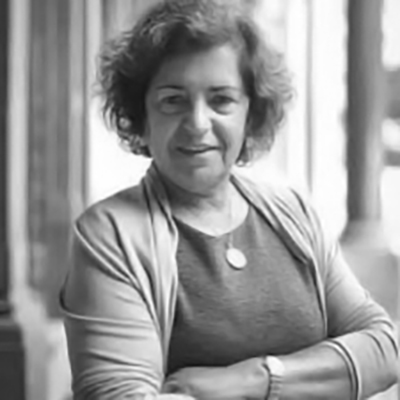
Rosário Macário holds degrees in Business Economics, MSc, and PhD in Transportation Systems, and a Habilitation (DSc) in Civil Engineering. She is a Professor at Instituto Superior Técnico, Universidade de Lisboa, and a Guest Professor at the University of Antwerp. Partner at TIS.PT since 2000, she also founded and presides over IASA. With 40+ years of experience, she coordinates EIT Urban Mobility at Lisbon University and contributes to strategic decisions for Lisbon’s new airport. She’s on various scientific councils, supervises PhDs, has developed patents, and was the founding Editor-in-Chief of “Case Studies for Transport Policy” (2013-2023).
Rute Martins
PhD
rutemartins@tecnico.ulisboa.pt
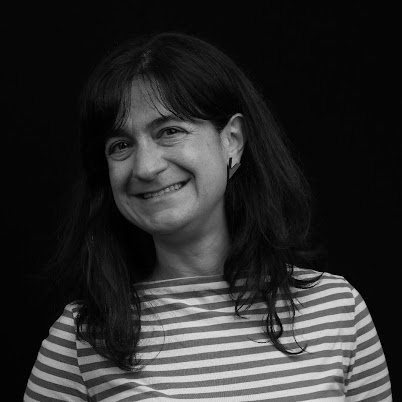
Rute Martins is a researcher and science manager at CiTUA since 2021. Ph.D. in Environmental Engineering from Instituto Superior Técnico (IST), University of Lisbon in 2019, Rute Martins has been a dedicated researcher specializing in social-ecological systems, Ecosystem Services, Participatory design and Environmental assessment. Her expertise extends to project management, proposal ideation, crafting budgets, and navigating the submission process for programs such as Horizon Europe, Horizon 2020, Interreg, LIFE, ERASMUS+, ETI Raw Materials, and FCT.
Sílvia Jorge
PhD
silviajorge@tecnico.ulisboa.pt
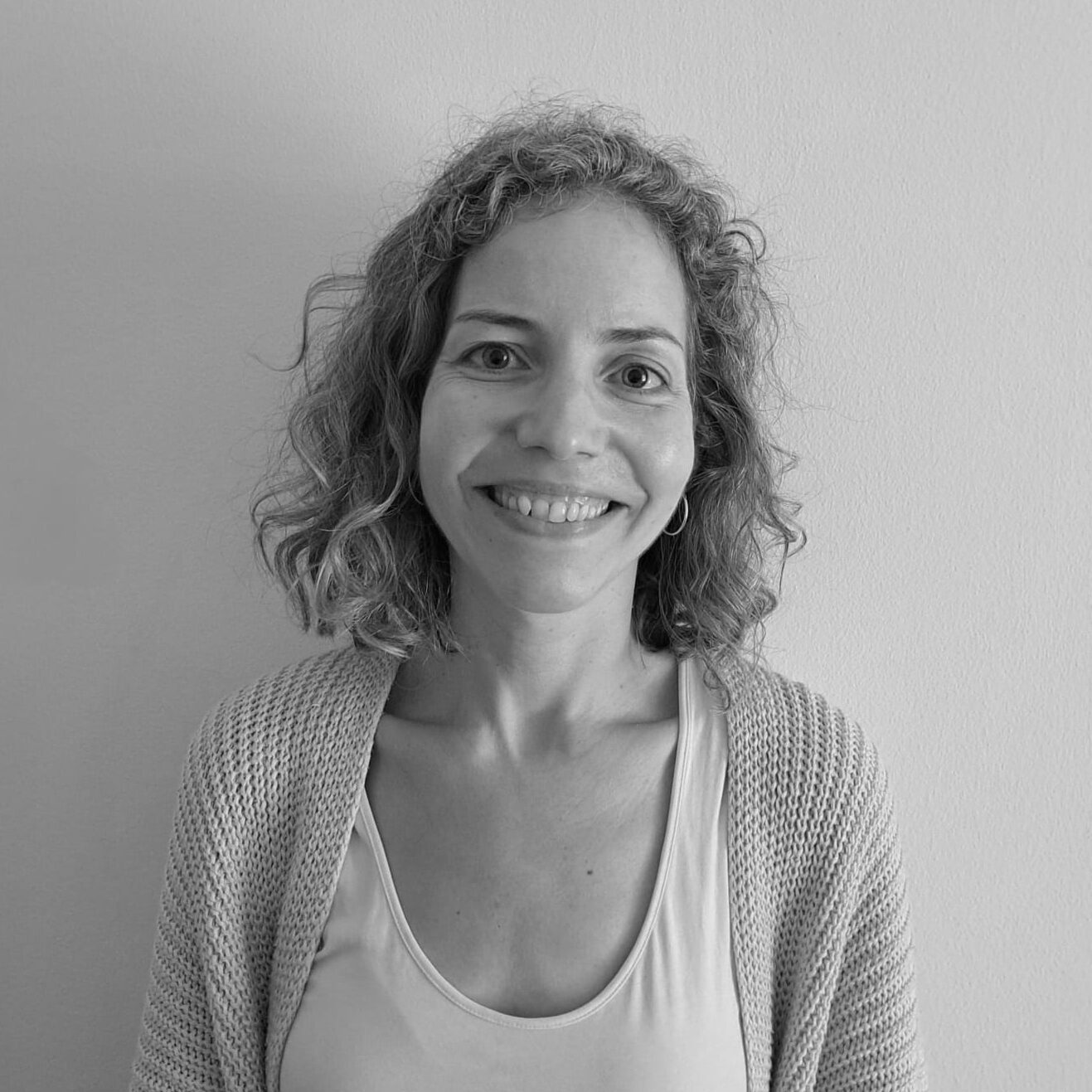
Sílvia Jorge has focused her work on the urban margins of different contexts (Portugal, Brazil, Mozambique), dialoguing between Architecture, Urbanism and Social Sciences. Currently, she coordinates the “Housing as a ‘FIRST RIGHT’” Project, financed by the Portuguese Foundation for Technology. From a critical and reflexive lecture of the processes and projects carried out in the scope of the ‘First Right’ program, this project aims to inform more inclusive and sustainable policies and practices committed to the universal access to adequate housing, at the European and national levels.
INTEGRATED MEMBERS
Alexandra Alegre
PhD
alexandraalegre@tecnico.ulisboa.pt

Alexandra Alegre is a professor at IST, University of Lisbon and researcher at CITUA coordinating the thematic line Knowledge Environments. She was the principal investigator of Atlas of School Architecture in Portugal project and currently she coordinates The (Re)Design of the Learning Environment. What Is Changing? Project. She specializes in the architecture of educational spaces and their impact on education/pedagogy, enhancing educational aspects and community connections. Using participatory methods, she explores how these spaces can improve learning outcomes, spatial literacy and interpersonal skills.
Ana Sá
PhD
ana.morais.sa@tecnico.ulisboa.pt
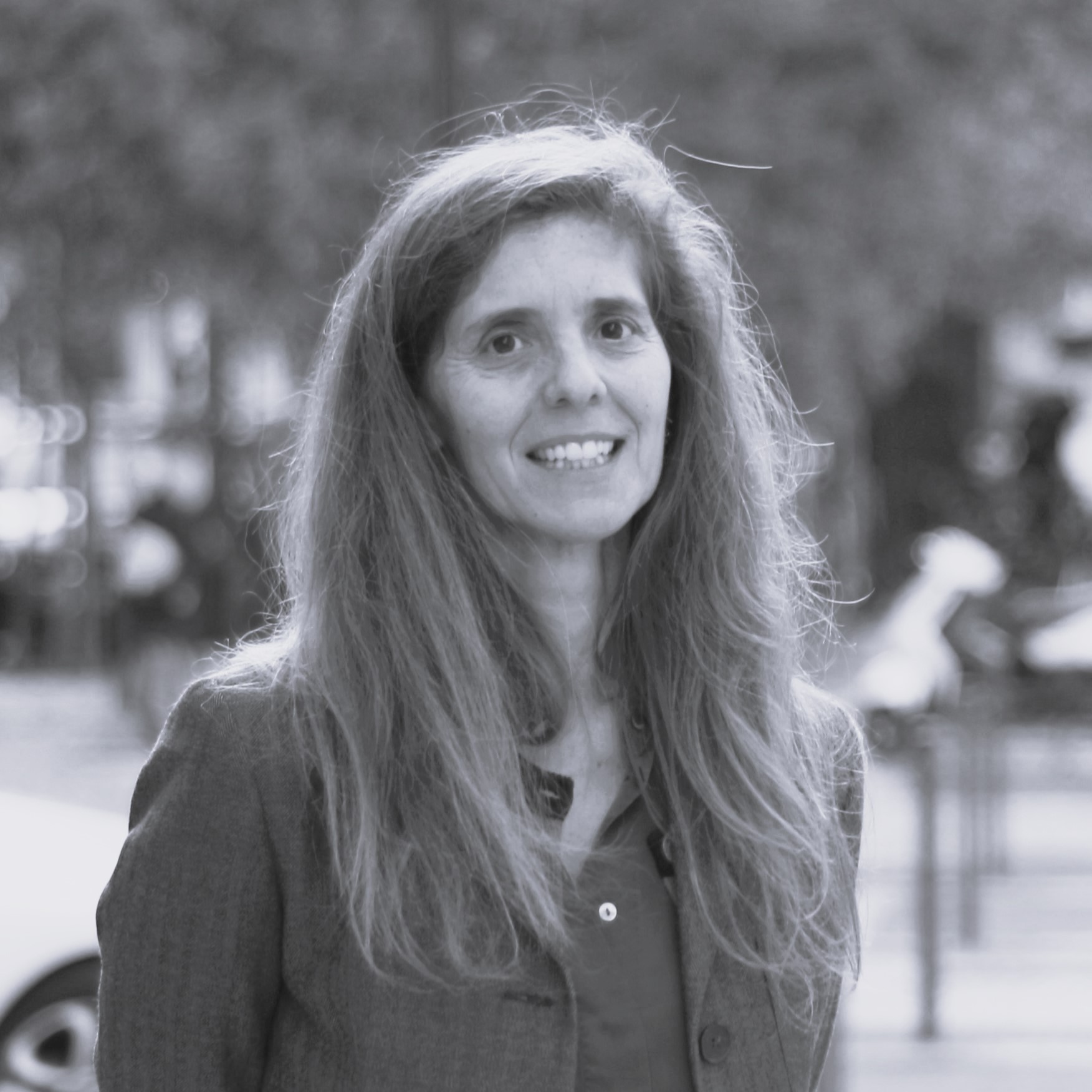
Ana Morais de Sá has a PhD in Territorial Engineering from IST – Lisbon University, where she is a professor. Over the past 20 years, she has taught in Urban and Spatial Planning. Since 2022, she co-coordinates the MSc in Urban Spatial Planning in collaboration with IGOT and FAUL from the Lisbon University. She has also coordinated the “Planning and Management of the Enlarged City” Lab at CiTUA since 2020. Within her research interests, she has been actively involved in European and national research projects, such as the BioValue Project, the Streets4All Project, and the CidadeTejo project.
Ana Silva Moreira
PhD
ana.moreira@tecnico.ulisboa.pt
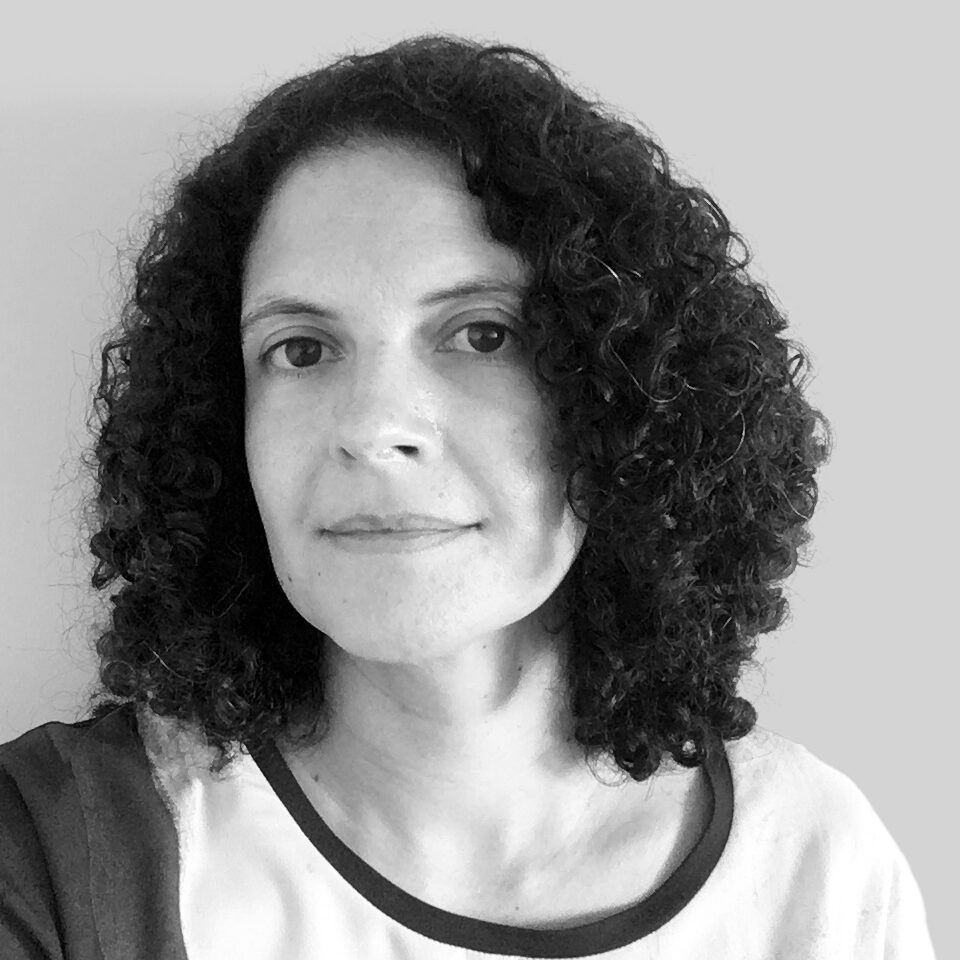
Born in Lisbon, in 1981. Researcher based in Lisbon, Portugal, where she concluded her Phd from the Lisbon School of Architecture, in 2021/2022, after having finished her Master’s degree in 2013, in the same university. In 2010, she concluded a Master’s degree in Arquitecture from Instituto Superior Técnico, following the Degree in Architecture from the same university, in 2004. Her activity as an Architect started in 2005 at Mendia+Spencer and, in 2008, created how office – aidmob arquitectura – in which she has been developing several projects. She develops research in the field of housing, namely the analysis of housing programs and layouts and their adequacy to contemporary society and its modes of living, bearing in mind user satisfaction and inhabitants’ feedback, but is also interested in the development of other topics related to the evolution of living modes and the transformation of domestic spaces. She has participated in international conferences and has been published as an author a few times.
António Ricardo da Costa
PhD
antonio.ricardo.da.costa@tecnico.ulisboa.pt

António Salvador M. Ricardo da Costa graduated in Architecture (1992), by the Technical University of Lisbon, where he also obtained a Masters Degree in Urban and Regional Planning. Developed his PhD research in the University of Seville, where he obtained his PhD degree, classified Cum Laude (2006). António Ricardo da Costa is currently Assistant Professor in the Department of Civil Engineering, Architecture and Environment at Instituto Superior Técnico (IST), University of Lisbon. As professor at IST he taught courses such as “Architectural Design Studio”, “Building Survey”, “Urban and Regional Planning “, “Theory and Urban History”, “Urban Design”, “Instruments of Land Management.” etc. He participated in several works under the IST Research Center CITUA, and has several papers published on the subjects of Urban Design, Urban History, Urban Conservation and Urban Planning, namely in Urban Design International, Journal of Urban Design, SAGE, Cities, Sustainability etc. Recently published the Book “Ciudad y Memoria”.
Bárbara Coutinho
PhD
barbara.coutinho@tecnico.ulisboa.pt

PhD in Architecture (IST-UL, 2019) with the thesis “The Exhibition Space as ‘Total Work of Art’ – The Museum of the 21st Century, a place for a global aesthetic experience”. Degree in Art History (FCSH-UNL, 1993), postgraduate degree in Art History Pedagogy (FCSH-UNL, 1995) and Master in Contemporary Art History (FCSH-UNL, 2002). Founding director and programmer of MUDE – Museu do Design e da Moda, Coleção Francisco Capelo since 2006. Author of MUDE’s museological programme and the functional programme for the renovation of the museum building.Visiting assistant professor (2006-2021) and guest associate professor (since 2021) at the Instituto Superior Técnico (University of Lisbon).Co-chair of the Docomomo International Expert Committee (ISC) on Interior Design.
Beatriz Condessa
PhD
beatriz.condessa@tecnico.ulisboa.pt

Beatriz Condessa is a professor at IST- University of Lisbon since 2004, teaching and researching on urban management, focused on integrating urban planning, law and urban economics. She was the principal investigator of PERCOM, LANDYN and RiPROCITY projects. Between 2014-2015 she coordinated the master programme in Urban Studies and Territorial Management at IST. She is a GIS specialist accredited by the Portuguese Engineers Order and a member of the Portuguese Urbanists Association and the International Academic Association on Planning, Law, and Property Rights (PLPR).
Carlos Mourão Pereira
PhD
carlosmouraopereira@gmail.com

Carlos Mourão Pereira is a researcher in Architecture at Instituto Superior Técnico (IST), University of Lisbon. He is also integrated in the group Research[x]Design at University of Leuven. He has academic experience as an Architectural Design Studio lecturer at IST (2003-2008) and University of Beira Interior (2005-2006). Additionally, he was a lecturer in intensive programs on inclusive design in Portugal (2009), Spain (2010), France (2011) and Türkiye (2016). In 2006 he became blind and continued his activity in Architecture.
Daniela Arnaut
PhD
daniela.arnaut@tecnico.ulisboa.pt
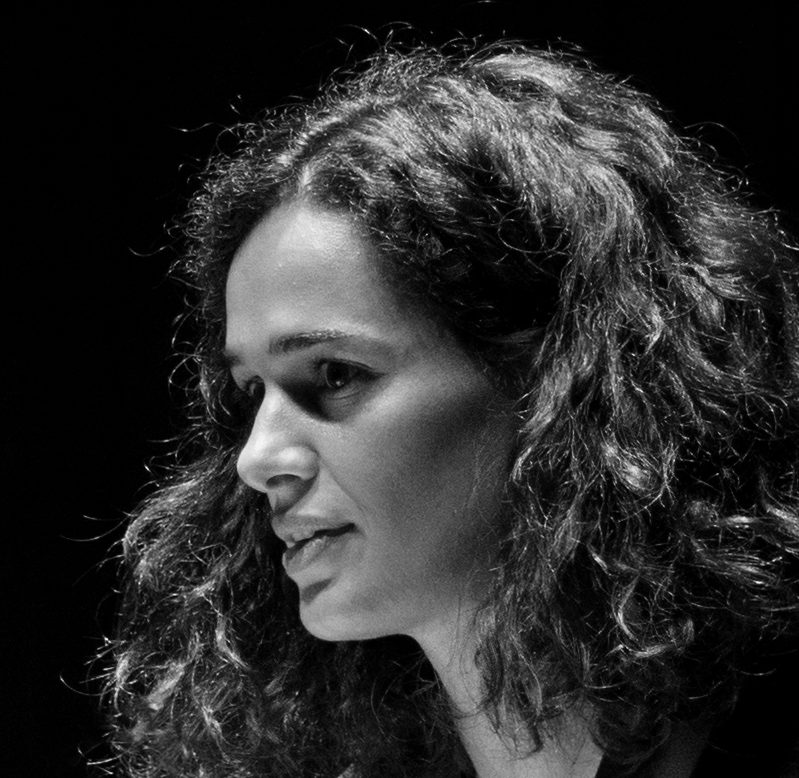
Daniela Arnaut is an architect and Assistant Professor at IST – University of Lisbon since 2009, teaching Final Project in the Integrated Master in Architecture. Her PhD thesis in Architecture was entitled “Healthcare buildings in Portugal (1927-1958). The healing space: between form and function”. She was part of the project “Cure and Care_the rehabilitation”. She co-coordinated of the research project “reHAB – Habitat regeneration as cradle for resilient healthy communities for the future”. She is part of the debate on contemporary health issues at the National School of Public Health. She is the secretary of the docomomo International Specialist Committee (ISC) for Education+Training.
Fátima Bernardo
PhD
fatimab@uevora.pt
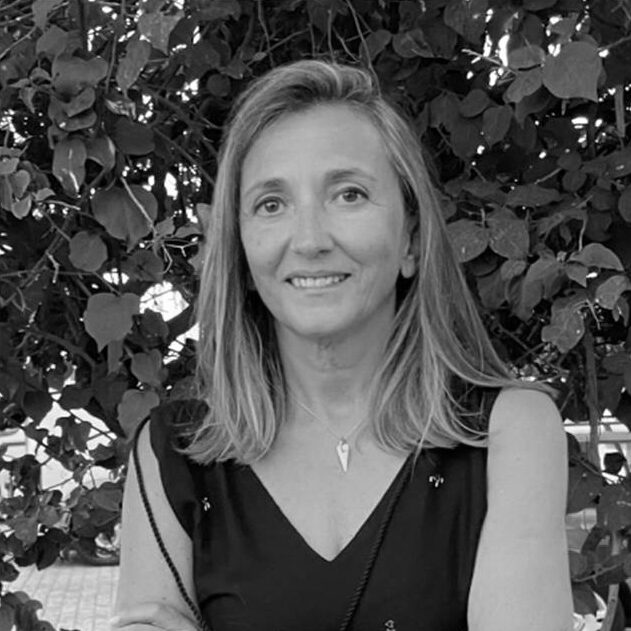
Fátima Bernardo is an Assistant Professor at the Department of Psychology at Évora University where she teaches since 2000 courses across a range of fields within the field of environmental psychology, social psychology, psychology of groups and group dynamic. Researcher in the Center for innovation in Territory, Urbanism and Architecture (CITUA-IST-UL), Technical University of Lisbon, Portugal. PhD in Psychology Évora University, Portugal. She is also researcher in University of Ghent since 2022.
She has been participating on national and European project on place identity impact of a relocation process; risk perception of floods; landscape perception and place identity changes in urban and periurban areas. She is member of IAPS (International Association People-Environment Studies), Psicamb (Environmental Psychology association) and SRA- Society of Risk Analysis.
Fernando Nunes da Silva
PhD
fnsilva@tecnico.ulisboa.pt
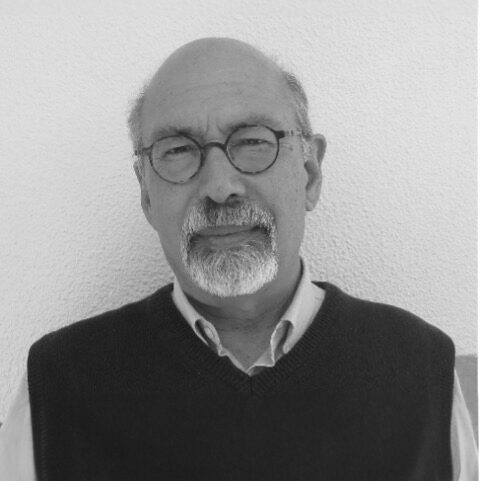
Fernando Nunes da Silva was a professor at IST – University of Lisbon from 1981 to 2023, when he retired. He was the coordinator of the Planning and Urbanism disciplines, both at graduation and post-graduation courses (Master and PhD) in Civil and Territorial Engineering and Architecture. Is now voluntary professor and senior researcher at CiTUA. He had coordinated and participated in several research projects, both in Portugal and Brazil, and be invited professor in European and Latin America universities. During his professional activity, he coordinate and develop urban plans and projects, mobility plans and programs, both to municipalities and regional and central authorities. He was founding member of the Portuguese Urban Planners Association, president of INTA (International Association for Urban Development – 2019/4) and is vice-president of RUITEM (Ibero-American University Network for Territory and Mobility).
Isabel Loupa Ramos
PhD
isabel.ramos@tecnico.ulisboa.pt
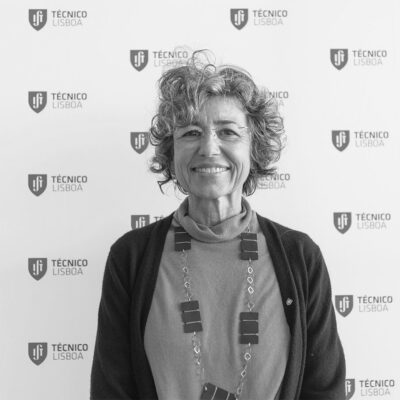
Isabel Loupa Ramos. Landscape architect. Professor at IST teaching landscape ecology, green infrastructure, territorial planning and participatory design. Invited professor at the University of Ghent. Research interests at the interface between nature and culture using transdisciplinary and collaborative approaches. Current international projects: BioValue, Topio, IN:Transition and Miland. Coordinating Plann@t. Elected representative of the European Association for Landscape Ecology.
Joana Almeida
PhD
joana.c.almeida@tecnico.ulisboa.pt
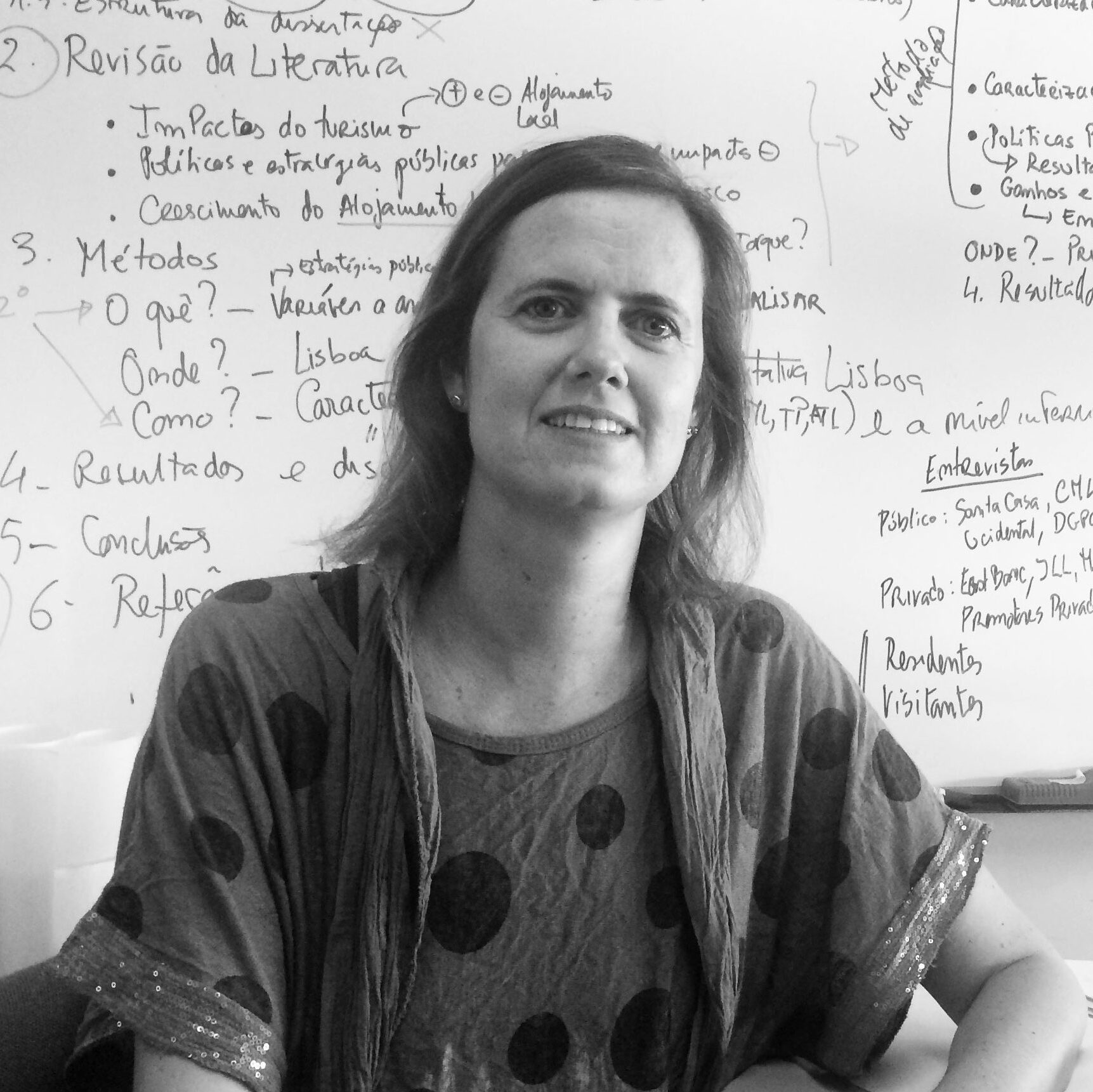
Joana Almeida is Assistant Professor at Instituto Superior Técnico (IST), University of Lisbon, Portugal, where she teaches courses in Urban and Regional Planning; Property Development, Valuation and Management; Projects and Procurement; Strategic Planning and Urban Governance.
Joana Mourão
PhD
joana.mourao@tecnico.ulisboa.pt
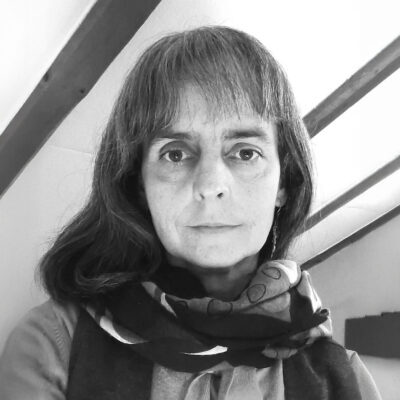
Joana Mourão is an architect, integrated researcher at CiTUA since 2020. Develops research in ecological spatial planning, architecture without extractivism, and public policies for the conversion of buildings. Trainer at the Order of Architects and guest lecturer at ISCTE and FAUL, teaching about Architecture, Anthropocene, and Sustainability. Holds a scientific employment position at CiTUA, with the project NEW HABITATS FOR CONVERTIBLE VACANT BUILDINGS. Addressing a neglected potential for affordable housing supply in contemporary Portugal. Contributions to a rising European issue.
Joana Dias
PhD
joanafmdias@tecnico.ulisboa.pt
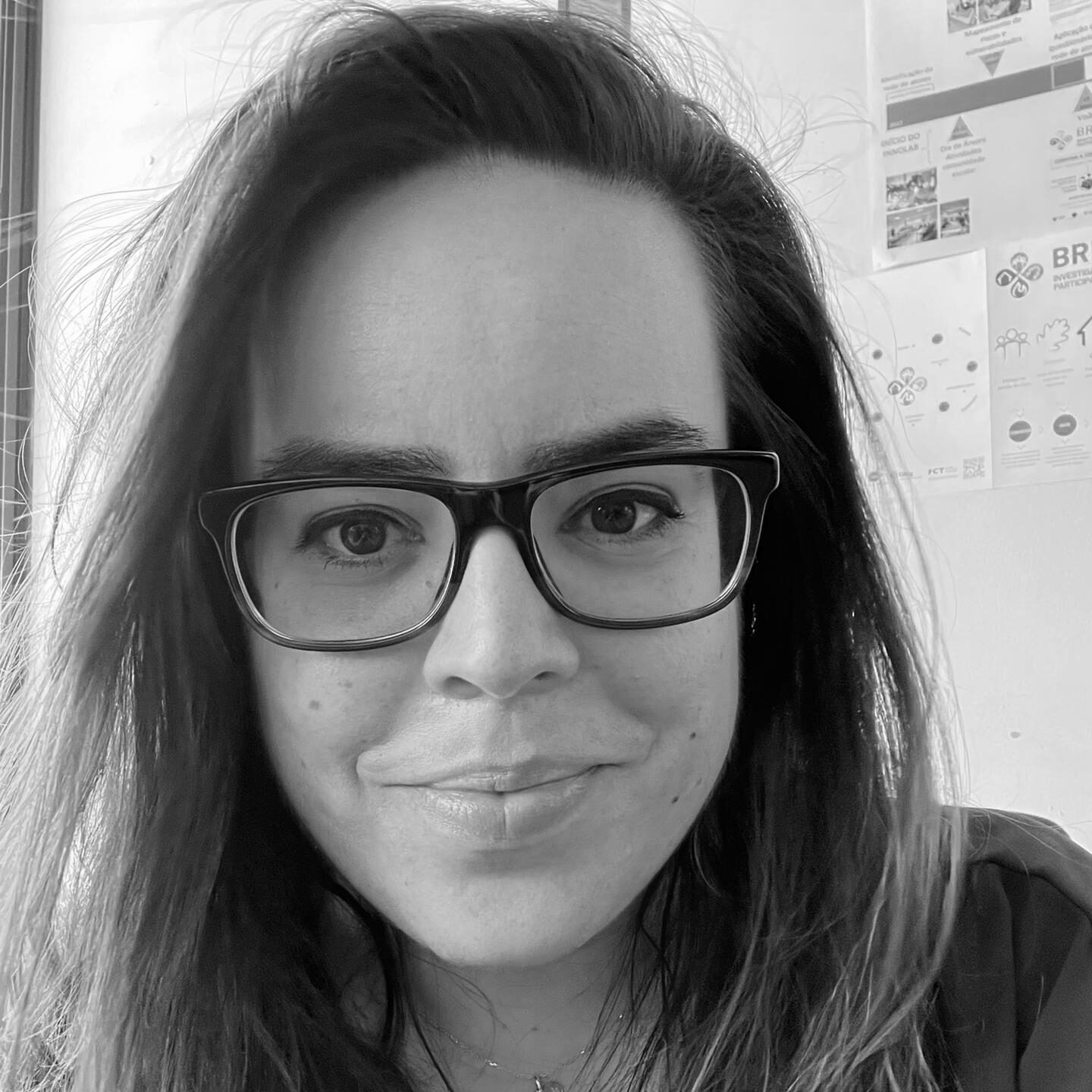
Joana Dias holds a master’s in Environmental Engineering and a PhD in Engineering and Management (IST, University of Lisbon), with specialization in social innovation and transformative capacity of communities towards a sustainable and resilient outcome. She has collaborated as a teaching assistant and has been involved in several research projects in the field of social innovation and transitions for sustainability. Recently, she has been developing research on community engagement through socially innovative laboratories to reduce forest risk in the southern Portugal.
João Vieira Caldas
PhD
jvieiracaldas@tecnico.ulisboa.pt

João Vieira Caldas is an assistant professor of Architecture at IST. He holds a degree in Architecture (1977, School of Fine Arts in Lisbon, Pt), a Master of Arts in History of Art (1988, Faculty of Social Sciences and Humanities, New University of Lisbon, Pt) and a PhD in Architecture (2007, Instituto Superior Técnico , Lisbon, Pt).
In the past, his professional activity was divided between the practice of architecture, teaching, research and criticism having worked on intervention projects in the built heritage and participated in various inventories and studies on Architectural and Urban Heritage. Nowadays, he teachs History of Architecture, Theory of Architecture, Theory of Conservation and Restoration and Methods of Research in Architecture at IST, and is dedicated to research in the fields of architectural heritage and Portuguese architecture of modern and contemporary times. The focus of his research is on the History of Housing, whether vernacular or erudite, rural or urban, superving a group of young researchers. Emphasis is placed upon the need to disseminate and discuss the knowledge produced through the publication of papers and books, regardless of their academic status, as well participation in conferences and colloquiums. He has published articles and books, as well as supervised master’s and doctoral theses.
Jorge Batista e Silva
PhD
jbsilva@tecnico.ulisboa.pt
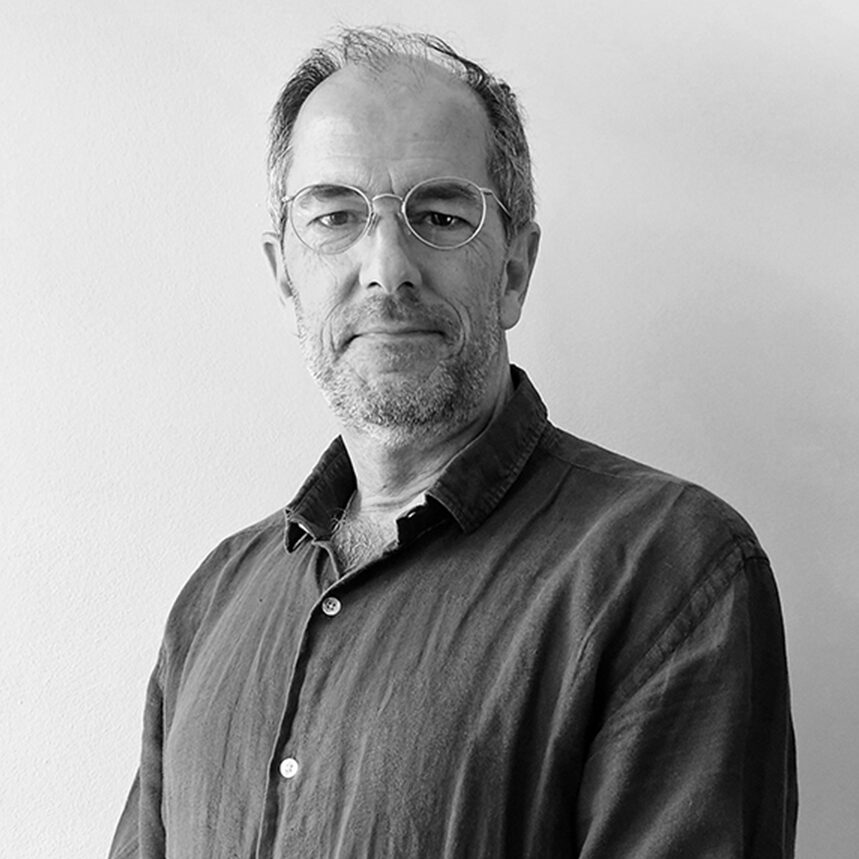
Professor at IST (Univ. of Lisbon) in Civil Engineering, Architecture and Environment Department since 1987. He is currently teaching Urban Planning, City Management – challenges and conflicts, Fundamentals of Spatial Planning and Elements of Urban Engineering. He is currently involved in the European BioValue project linking Biodiversity preservation with Spatial Planning Process. His research interests are focused on evaluation and monitoring in spatial planning, urban structure and dynamics, nature based spatial planning.
Jorge Gonçalves
PhD
jorgemgoncalves@tecnico.ulisboa.pt

Jorge Gonçalves is a professor at IST- University of Lisbon since 2007, teaching Human and Physical Geography, Participatory Design, and Territorial Governance. He has coordinated the Spatial Justice Lab at CiTUA since 2020. He was the principal investigator of the MetroGov Project and currently coordinates the Erasmus Mundus Design Measures IN:Transition project – Planning for Urban Transitions. He actively collaborates with RUITEM – Ibero-American University Network for Territory and Mobility, coordinating the Governance, Urban Planning, and Spatial Planning working group.
Jorge Miguel dos Reis Silva
PhD
jmrs@ubi.pt

Jorge Silva is a professor at University of Beira Interior (UBI) since 1995, teaching Economics and Management of Air Transport, Aircraft Operations, Management of Aeronautical Projects, and Flight Safety. Between 2021 and 2023 coordinates at Institute for Advanced Studies and Awareness (IASA) and UBI the work team that participates in the EIT Urban Mobility Portugal RIS Hub Project. Since 2022 coordinates at IASA and UBI the work team that participates in the TULIPS Project (DemonsTreating lower pollUting solutions for sustaining airPorts acrosS Europe), of Horizon 2020.
José Antunes Ferreira
PhD
antunes.ferreira@tecnico.ulisboa.pt
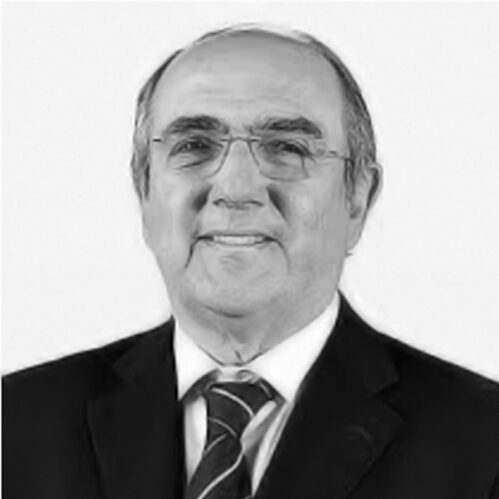
José Antunes Ferreira is a retired associate professor with habilitation at IST – University of Lisbon. He teaches at IST since 1976 courses in the fields of Operational Research, Project Management, Spatial and Urban planning. His main research topics have been in the field of public procurement, urban management. He has coordinated a wide range of projects and studies. He is also author of several research papers published by several international journals (International Journal of Project Management, Land Use Policy, Town Planning Review, Landscape and Urban Planning). He was vice-president of CiTUA, from 2019 to January 2022. He was the chair of the organising committee of the AESOP Annual Congress ’17 “Spaces of Dialog for Places of Dignity: Fostering the European Dimension of Planning” held in Lisboa, Portugal, on 11-14 July 2017. He is member of AESOP Best Congress Paper Award (BCPA) Committee, since 2022.
Manuel Correia Guedes
PhD
manuel.guedes@tecnico.ulisboa.pt
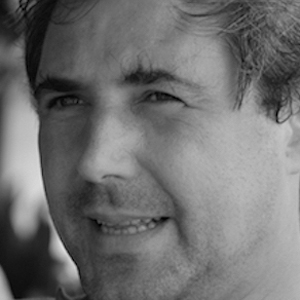
Manuel Correia Guedes. Architect, Ph.D. (Univ. Cambridge), Associate Professor with Habilitation at the Instituto Superior Técnico (IST). Specialised in Sustainable Architecture, he is responsible for this field of research at the IST. Responsible for the disciplines of Environmental Design, Daylighting, and Sustainable Architecture at the Master and Ph.D. courses. Participant in 17 international research projects in the area since 2000, and Coordinator of 8 of these – namely E.U. cooperation projects with Africa and Asia. The focus of his research is the study of Bioclimatic and Low-Energy Design strategies for Building and Urban Renewal – from conventional refurbishment to Slum Regeneration.
Margarida Barata Monteiro
PhD
margarida.monteiro@tecnico.ulisboa.pt
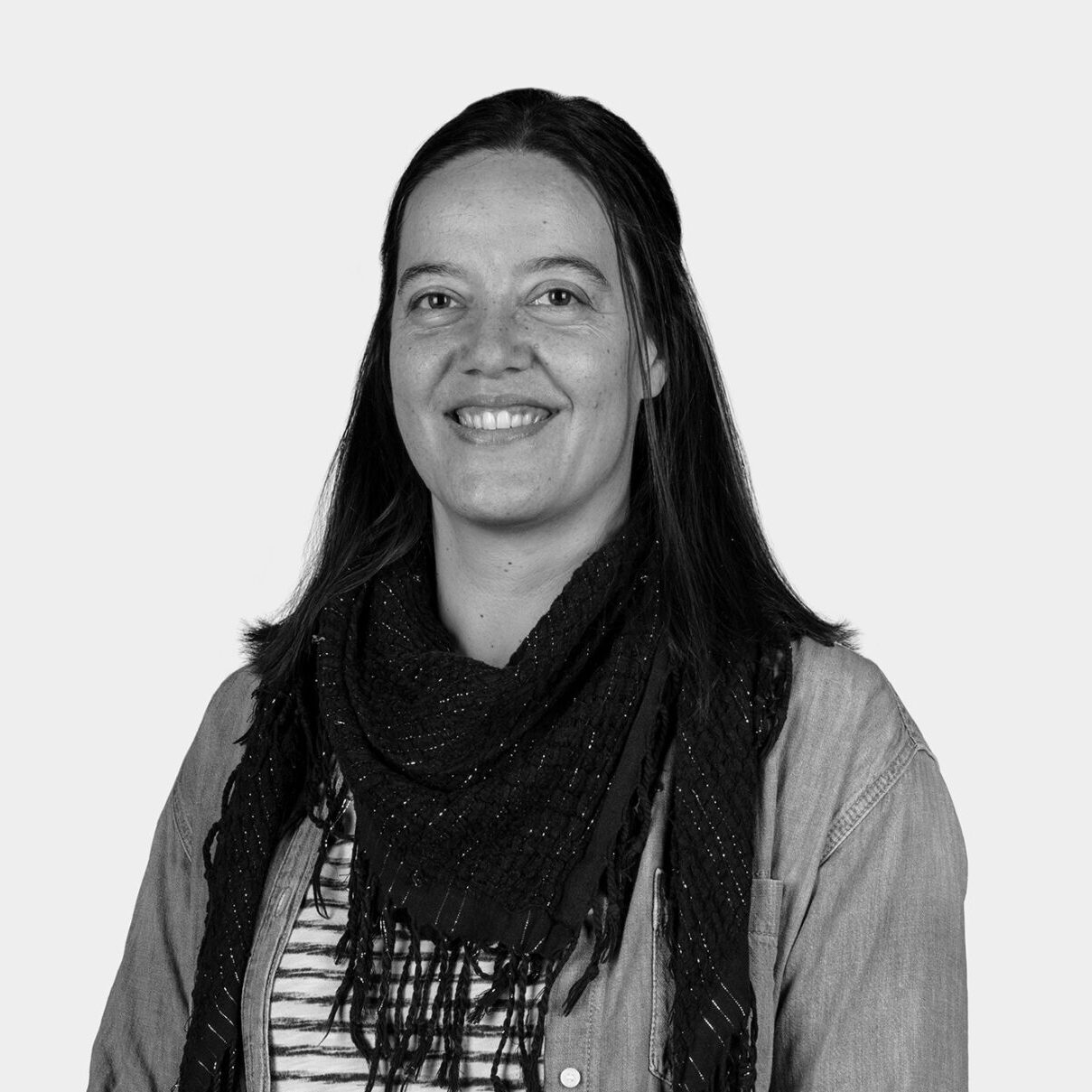
Margarida B. Monteiro is a researcher and invited professor at IST-UL, teaching Social Sciences and Environment, Environmental Assessment, City Management, Participatory Design, and Territorial Policies and Management. She has been involved throughout the years in several international/national research projects focusing on aspects of multi-actor collaboration, transitions, innovation, governance, strategic and sustainability assessment, and participatory approaches. Academically, she has been investing in developing innovative problem-based learning approaches and methods.
Maria Emilia Baltazar
PhD
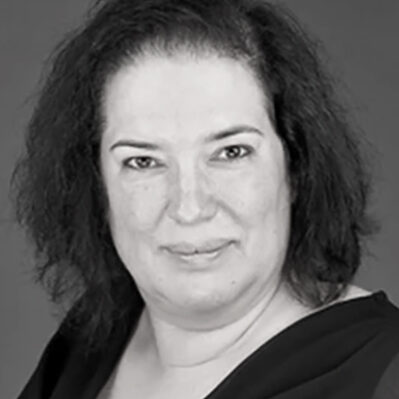
Maria Emilia Baltazar is an aeronautical engineer and with a PhD in Aeronautical Engineering – Specialised in Air Transportation (Airports evaluation) by University of Beira Interior. Her research assumes an interdisciplinary approach, between Sustainability, Environmental and Management, and focused on the new approaches on greener airport’s, advance air mobility and aerotropolis. She coordinates the MSc on Air Transport Sustainability Management, and the MSc on Master on Air Transport Operations at ISEC Lisbon. She participated in R&D projects e.g. projet TULIPS – DemonsTrating lower pollUting soLutions for sustaInable airPorts across Europe. She is the Vice-President of the Associação de Investigação Científica em Engenharia Aeroespacial (AEROG) and of the international association “IASA – Institute for Advanced Studies and Awareness”, a global non-profit entity. She is MC Substitute for Portugal in COST action TU1408 – Air Transport and Regional Development (ATARD).
Miguel Amado
PhD
miguelpamado@tecnico.ulisboa.pt
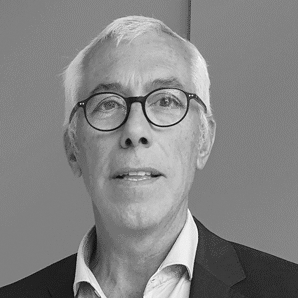
Miguel Amado is a Full Professor of Architecture at the Department of Civil Engineering, Architecture and Environment at the Instituto Superior Técnico of the University of Lisbon, where he is a professor of Architectural Design and Informal City Architecture in the master’s degree course and Sustainable Urbanism in the PhD program in Architecture. He is a researcher at CiTUA – Center for Innovation in Territory, Urbanism and Architecture, and responsible for GEOTPU.LAB – Laboratory for Planning, Urbanism, Architecture and Environment Studies through which he supervises doctoral students and integrates research projects.
Miguel Amado has a degree in Architecture from the Faculty of Architecture of the Technical University of Lisbon; Specialist in Rehabilitation of Urban Centers by UNESCO MBA/ARCA; Master in Spatial Planning and Environmental Planning; PhD in Environmental Engineering from Universidade Nova de Lisboa; and Aggregate in Architecture by the Instituto Superior Técnico of the University of Lisbon.
Patrícia Lourenço
PhD
patricia.lourenco@tecnico.ulisboa.pt
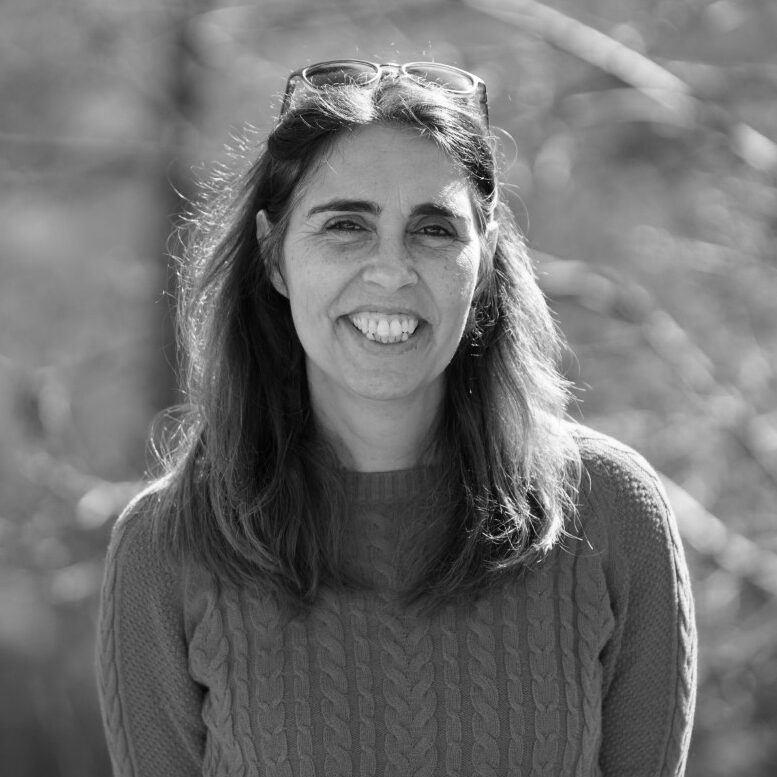
Patricia Lourenço is an architect and Assistant professor at Instituto Superior Técnico (IST), where she teaches Architectural Design studio at the Master’s degree in Architecture. The current primary areas of research include 1) Evidence Based Sustainable Architecture, 2) Post occupancy evaluation & buildings in use monitoring 3) Users behaviour data for modelling and simulating buildings’ energy performance. Dissemination of results include journal and conference articles, participating as guest consultant for the European Council of Architects regarding the theme “Responsible Architecture”. Currently, she participates in the research projects: “ROLE (Redesign of learning environments. What is changing?” and “Eco-Pátios DesignLAB”.
Pedro Pinto
PhD
pedrojpinto@tecnico.ulisboa.pt
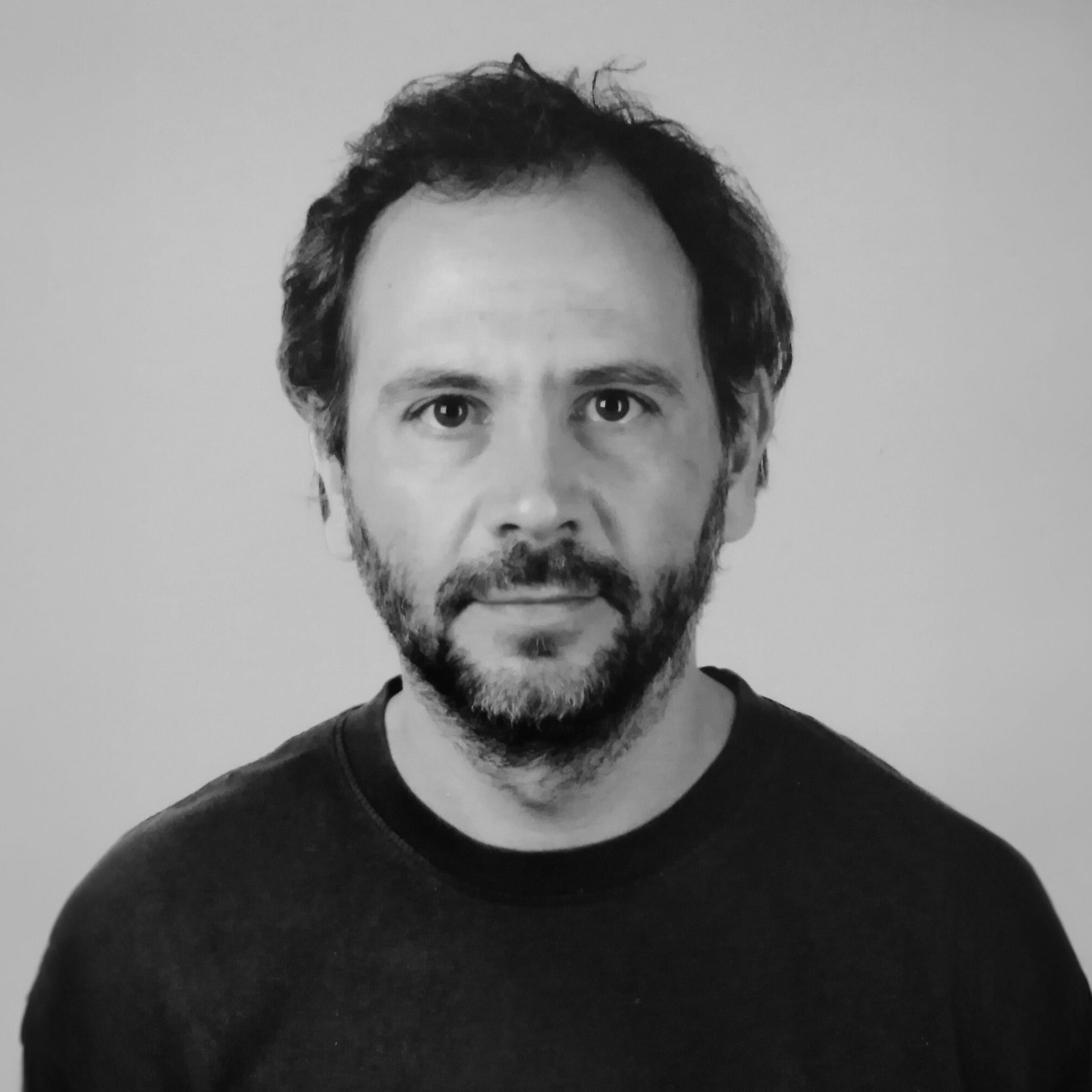
Pedro Pinto is an adviser to the Councillor for Urban Planning (Municipality of Lisbon) and a researcher at CiTUA since its creation. He has researched the relationship of cities and rivers, the evolution of urban waterfronts, municipal land-use planning, and metropolitan governance. His PhD in Environmental Planning (University of California, Berkeley) compared the evolution and governance of the Tagus Estuary (Lisbon) and San Francisco Bay. He is a Territorial Engineer (IST) and MSc in Land-Use Planning (IST).
Susana Lobo
PhD
susanamexialobo@gmail.com
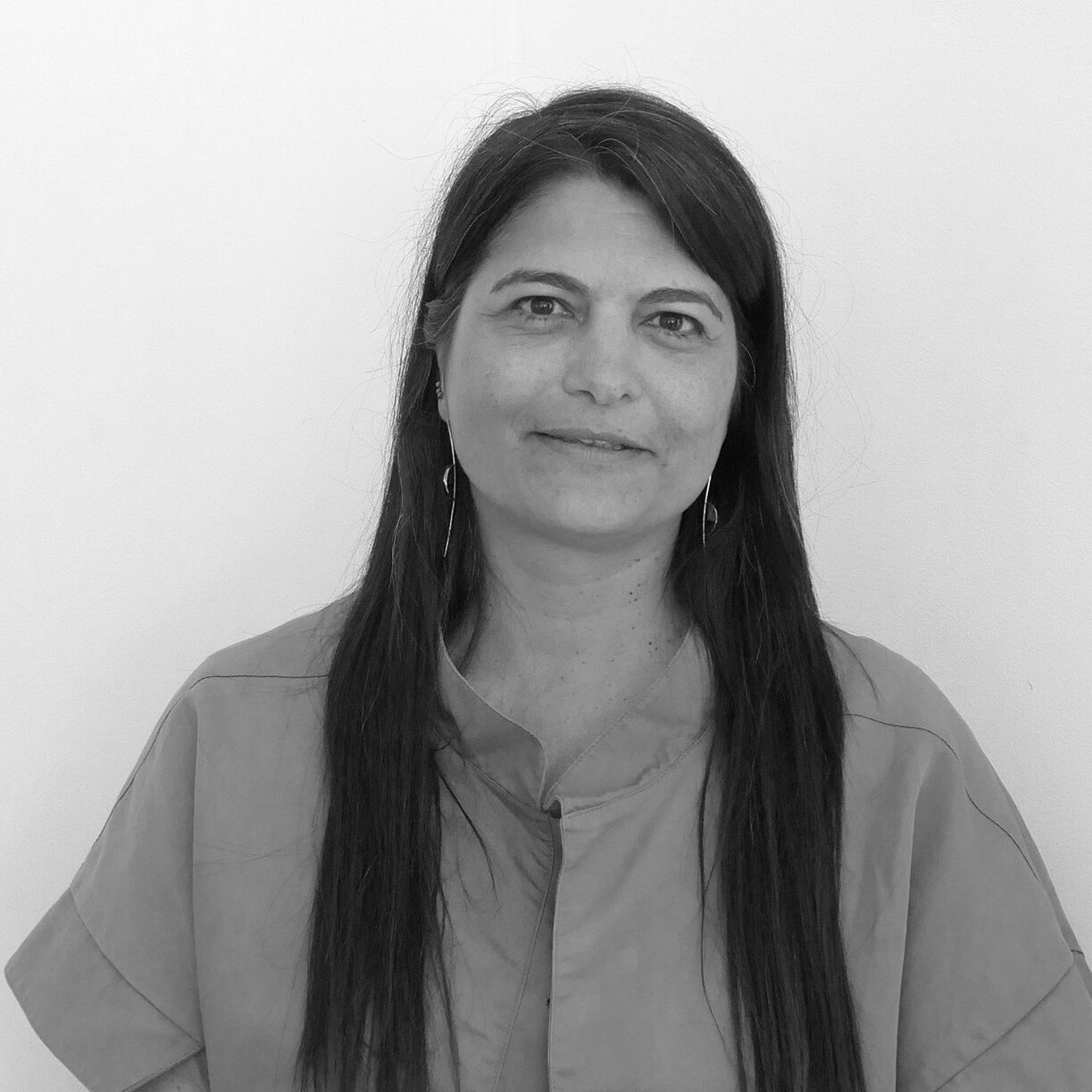
Susana Lobo, an assistant professor at DARQ-Faculty of Sciences and Technology, University of Coimbra since 2009, teaches in the Integrated Master in Architecture program and the Portuguese Architecture and Urbanism of the 20th century course. She is a research member on the “SANTACRUZ: 3D digital reconstruction of the Monastery of Santa Cruz of Coimbra in 1834” Project and collaborator on the “(EU)ROPA: Rise of Portuguese Architecture” Project. She recently submitted the “SHoReS” Project to FCT as principal investigator.
Susana Ventura
PhD
susana.ventura@tecnico.ulisboa.pt
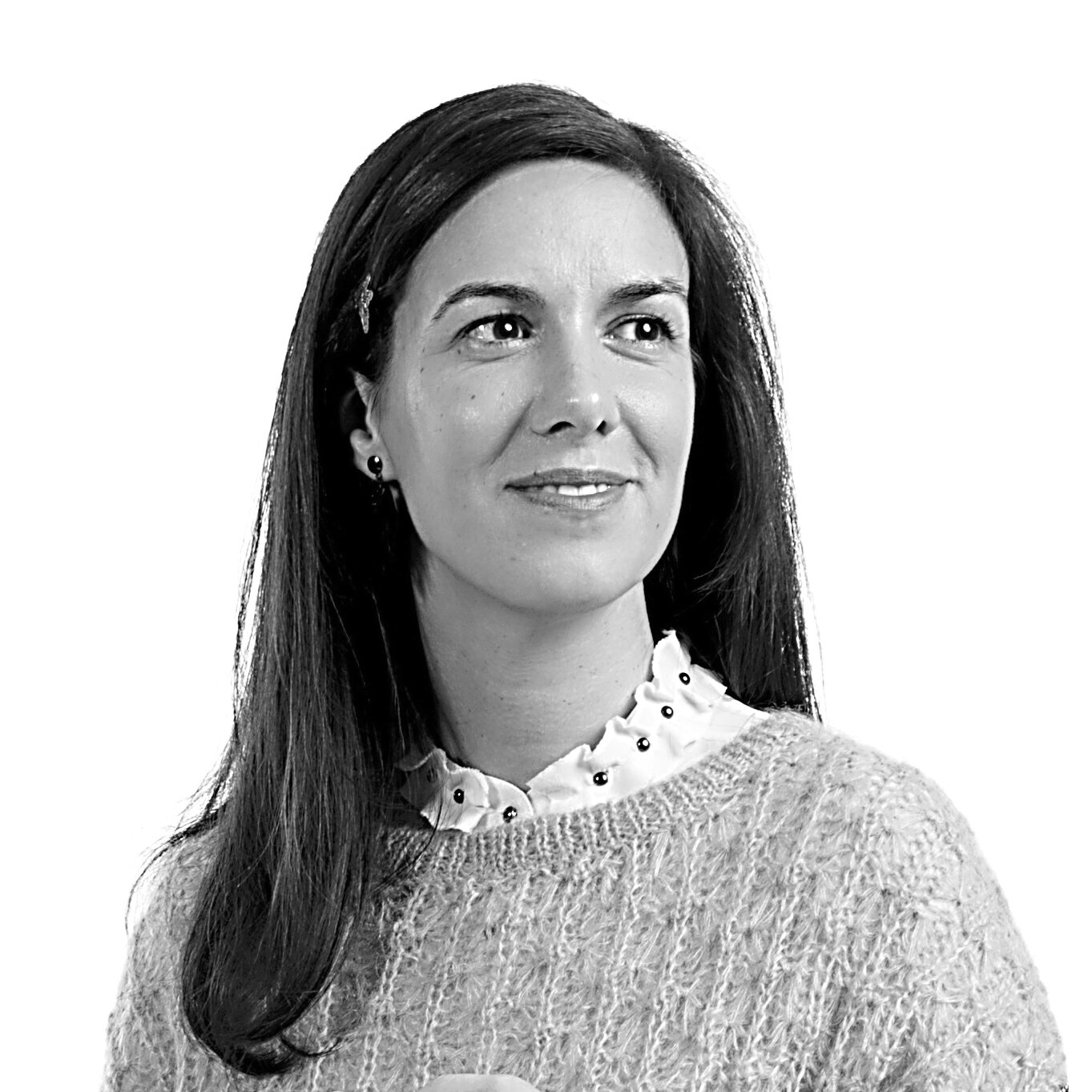
Teresa Valsassina Heitor
PhD
teresa.heitor@tecnico.ulisboa.pt
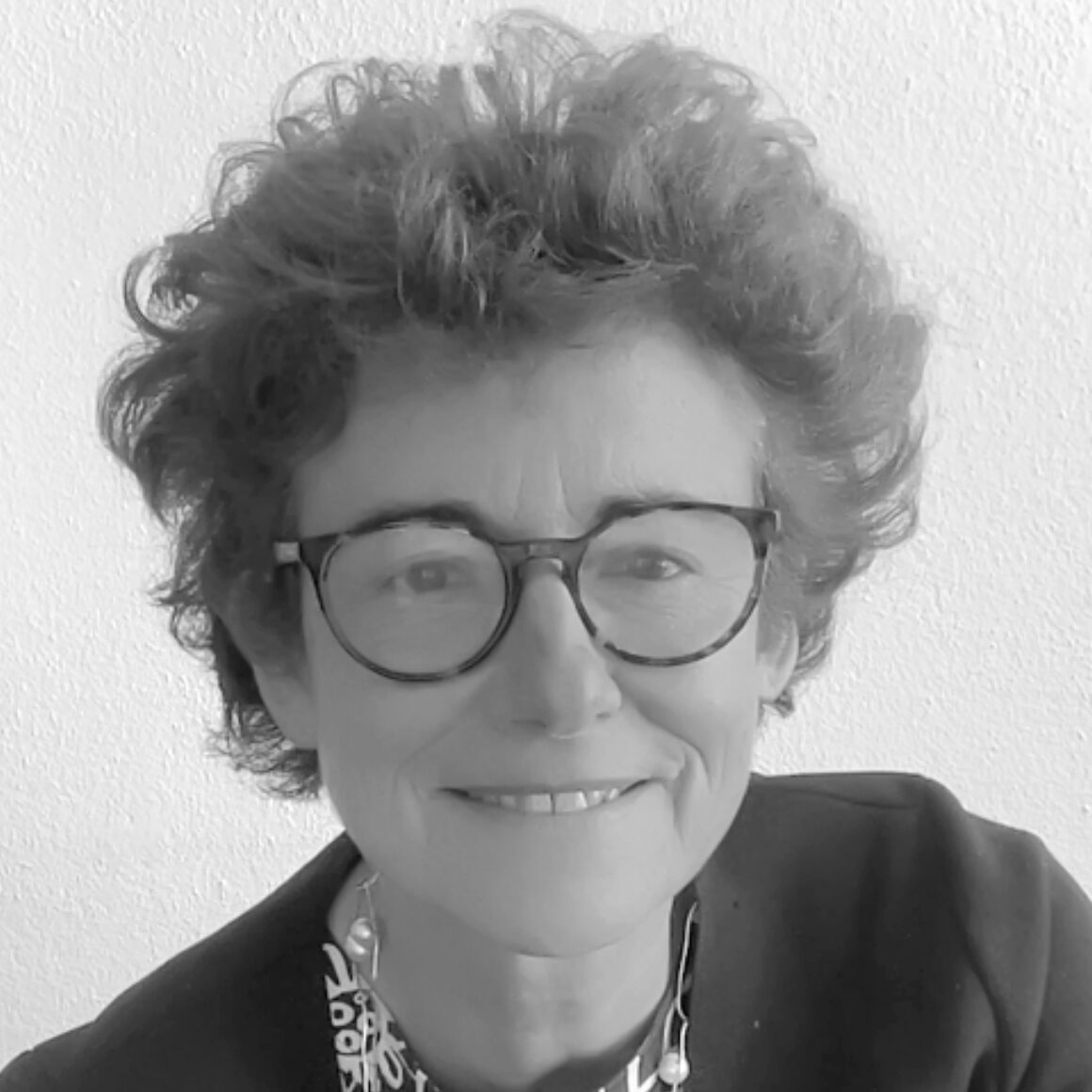
Teresa Heitor is a Full Professor of Architecture at the University of Lisbon, Instituto Superior Técnico (IST), where she teaches Architectural Design Studio I and Space-Use Analysis courses. She served as the Director of CiTUA from 2020 to 2024. Her research expertise lies in spatial analysis, particularly within the theoretical and analytical framework of ‘space syntax’. She is also interested in the emerging field of knowledge environments, which blends architecture, urban planning, education, and innovative learning practices. She has published a range of articles on these topics, focusing on real-world design problems.
COLLABORATORS
Alexandra Campos
PhD
alexandramfc@gmail.com

Alexandra Maria Forte de Campos is a Civil Engineer. She worked on road and highway projects, was part of the staff of the former Road Authority (JAE) and the Municipal Councils of Cascais and Sintra, as a Senior Technician, Member of the Parking Company Board and Head of Division. She currently works at Lisbon City Council, in the Department of Public Space.Has a master degree, and Phd in Territorial Engineering. She has been a researcher/collaborator at CITUA since 2022.
António Carvalho
PhD
antoniosfcarvalho@gmail.com
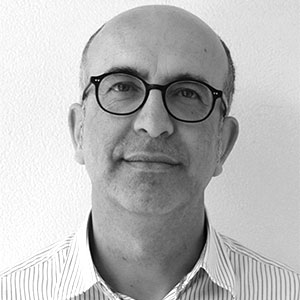
António Carvalho is Associate Professor of Architecture and Urban Design at POLIMI- Polytechnic University of Milan, Italy from 2020.
He was Visiting Professor at POLIMI, from 2017 to 2020.He holds a PhD degree in Architecture with a thesis on housing design for older people. At Politecnico di Milano / Polytechnic University of Milan he teaches how to design age-friendly environments (housing and urban spaces). António is a researcher at DASTU- Department of Architecture and Urban Studies, Politecnico di Milano, and his research interests are: age-friendly housing, inter-generational spaces, inclusive environments, shared urban space, universal design, neighborhood green spaces, place making.
Cláudia Antunes
PhD
claudia.v.antunes@tecnico.ulisboa.pt
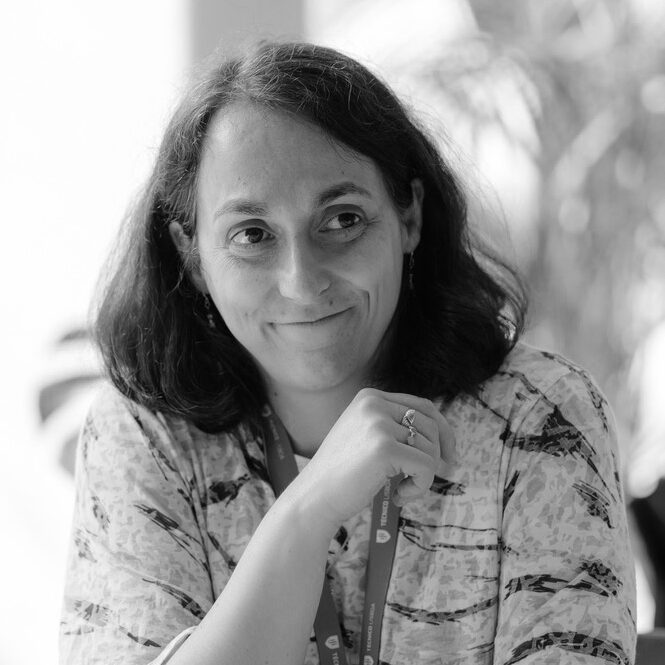
Cláudia Antunes is a Postdoctoral fellow at CiTUA. She is an Architect and researcher with a PhD in Architecture of Contemporary Metropolitan Territories, from ISCTE-IUL, 2023. Her research focuses on the interrelations between art and architecture for the development of more integrated and participatory public spaces.
Architect from Lusíada University of Lisbon, 2005, she studied at Università Degli Studi di Roma “La Sapienza” Architettura a Vale Giulia, 2004-2005. She also has a background in fine arts, having concluded the Plan of Complete Studies in Visual Arts at Ar.Co-Centro de Artes e Comunicação Visual, 2015.
Diana Del-Negro
PhD
dianadel@gmail.com
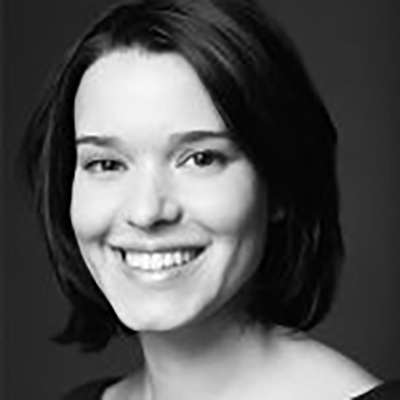
Architect and Assistant Guest Professor of Architectural Design Studio since 2009 at Técnico, Lisbon University from where she holds a PhD on Architecture entitled “Edifícios de Saúde em Portugal (1927–1958). O espaço de cura: entre forma e função” (Healthcare buildings in Portugal (1927-1958). The healing space: between form and function). Her PhD thesis aims to contribute to the definition of intervention strategies that recognize cultural significance of existing healing spaces arguing that their design can be part of the healing process by considering efficiency and comfort concepts closely linked to form-function duality. She collaborated in the Cure and Care_the rehabilitation (2017-2020) research project.
Liliana Magalhães
PhD
liliana.magalhaes@tecnico.ulisboa.pt
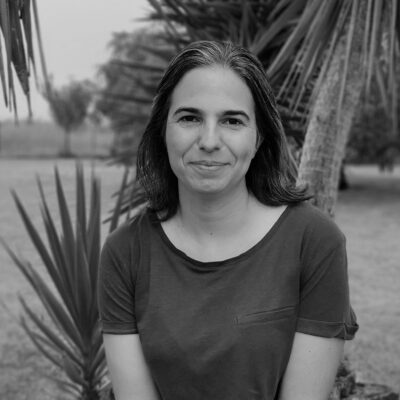
Liliana Magalhães has a PhD in Transportation System (MIT-Portugal) from Instituto Superior Técnico since 2018, where she studied flexibility applied to airport terminals. She has a strong background in engineering acquired in her master’s in civil engineering. She has been collaborating in several R&D as a team member and also as leader since 2010, regarding several themes within the domain of transportation.
Margarida Quintã
PhD
mmargaridaquinta@gmail.com
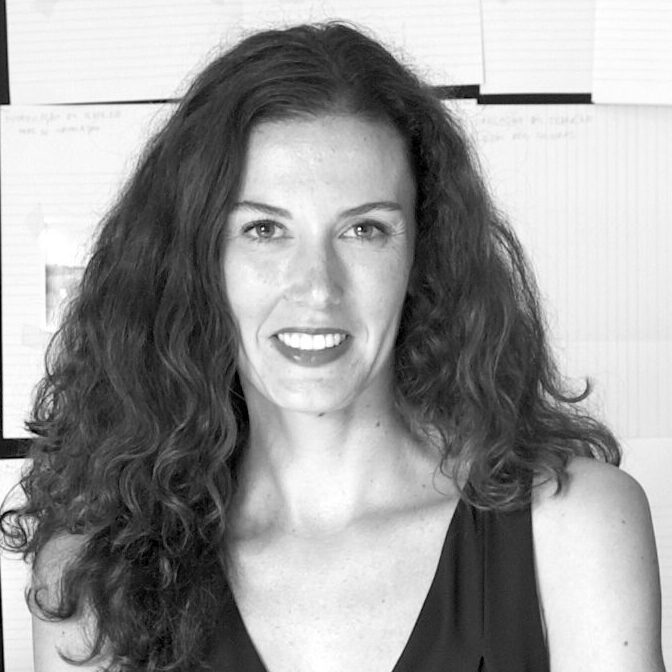
Margarida Quintã (Porto, Portugal, 1981) is an architect based in Porto and a researcher at the Centre for Innovation in Territory, Urbanism and Architecture at the University of Lisbon (CITUA). She holds a degree in architecture from the Faculty of Architecture of the University of Porto (2007), and a doctorate with distinction and honours from the Instituto Superior Técnico in Lisbon and the École Polytechnique Fédérale de Lausanne (2019). She was the winner of the 2019 Távora Prize (with Luís Ribeiro da Silva) and the curator of the 2024 Open House Porto (with Teresa Novais).
Mateus Laranjeira
PhD
mateuslaranjeira@gmail.com

Rita Nicolau
PhD
rnicolau@dgterritorio.pt

Rita Nicolau is a principal researcher at the Directorate-General for Territory and a research collaborator of CiTUA, mainly involved in projects regarding urban systems analysis, land use change assessment, and sustainable urban development indicators. Her current research concerns the European target of No Net Land Take. Since 2023, she has participated in the SOLO project think tank, which aims to identify knowledge gaps, bottlenecks and opportunities that can impact the achievement of the objective “No net soil sealing and increase the reuse of urban soils”.
Rui Patrício
PhD
rui.s.patricio@gmail.com

Rui Patrício coordinates the Strategic Design and Innovation Lab (SDI.Lab) and the MSc program in Marketing and Innovation at IADE – Faculty of Design, Technology and Communication – Universidade Europeia, Lisbon. His research interests lie at the intersection of design innovation, gamification, and patient experience. He conducted applied research on strategic design approaches to innovation in global firms, hospitals, and non-profits, resulting in publications in relevant journals like Creativity and Innovation Management and the European Journal of Innovation Management and impacting real people’s lives.
Susana Pereira
PhD
svsilvapereira@gmail.com
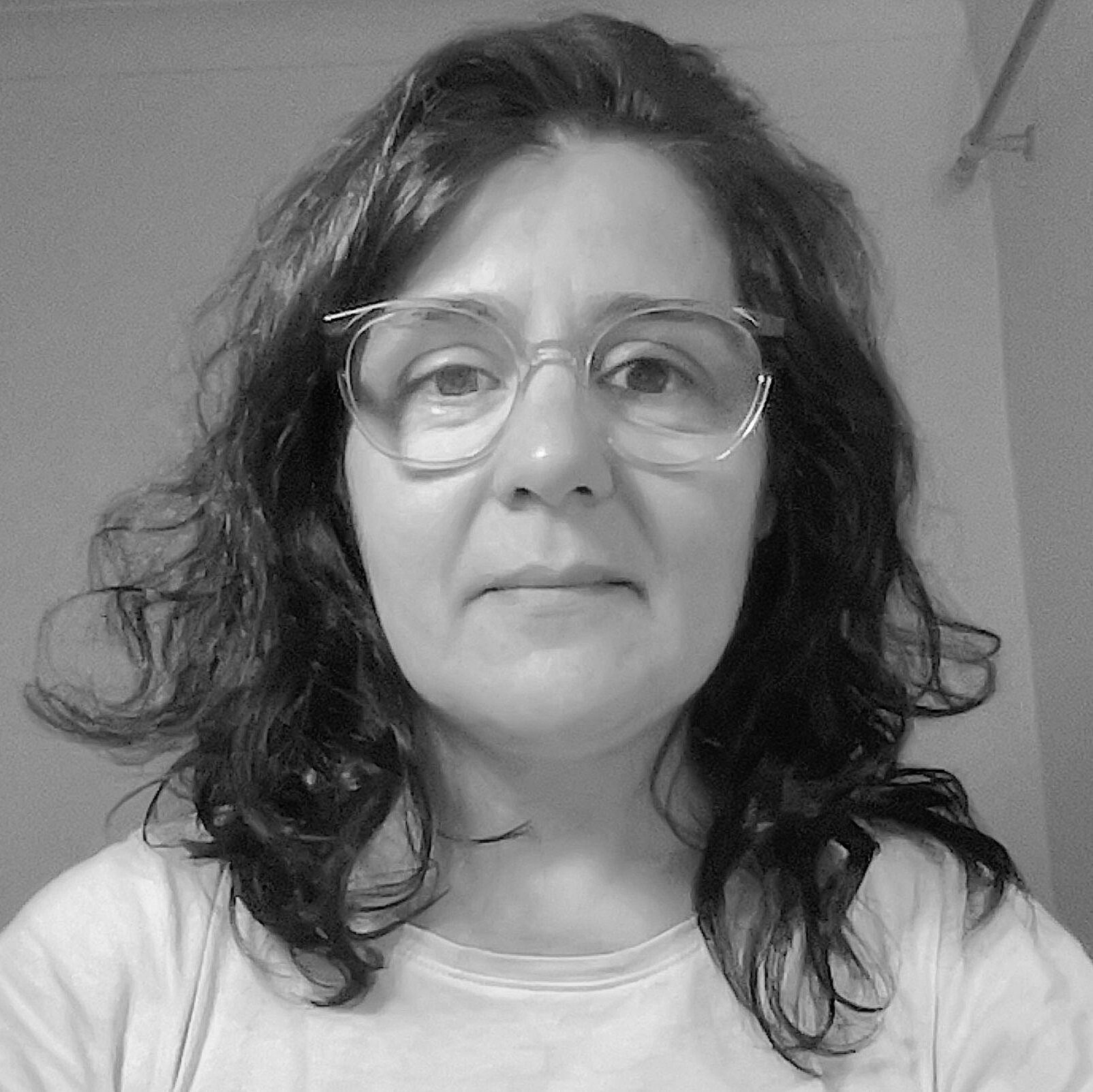
Susana V. Pereira is an architect that works at the Guimarães Municipality with projects in the urban design field. She has a degree in architecture, a Master degree in heritage conservation and a PhD in architecture. She is a researcher in CITUA with published work in the built environment-physical activity studies. Her main research interests are in the broadly defined environment-behaviour studies, with a focus on health, physical activity and the components of the built public environment that promote human welfare. She believes that the built urban space can determine citizen’s wellbeing.
PHD STUDENTS
Aline Guerreiro
alineguerreiro@tecnico.ulisboa.pt

PhD title: Ativismo climático em Arquitetura
Supervisor: Manuel Arriaga Correia Guedes
Ana Fernandes
ana.c.fernandes@tecnico.ulisboa.pt
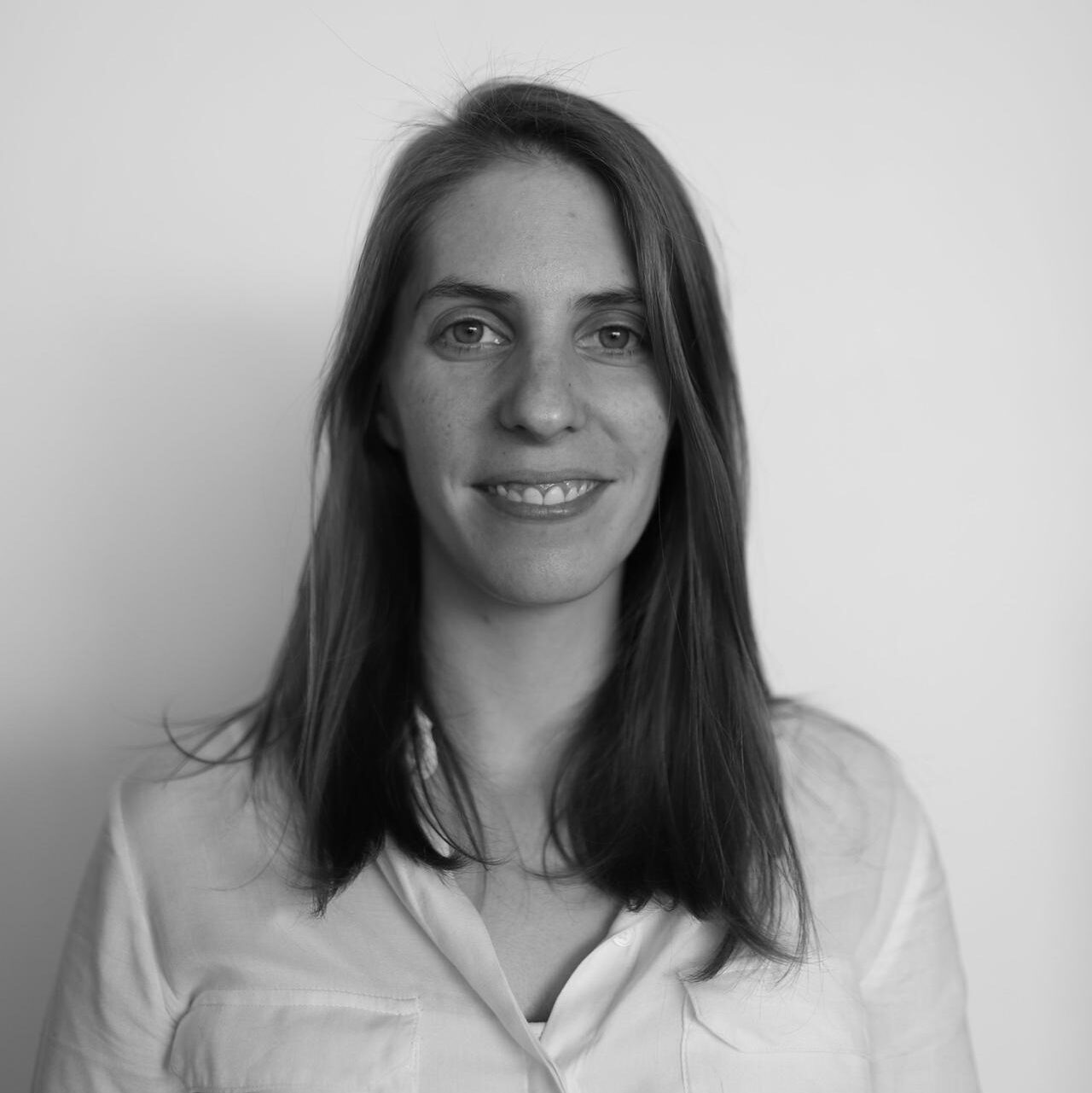
PhD title: A Industrialização de São Miguel, 1874-1974. Arquitectura e Paisagem do Chá
Supervisor: Alexandra Alegre, Maria Helena de Almeida
Ana Isabel Cardoso Ferreira
anaicferreira@gmail.com
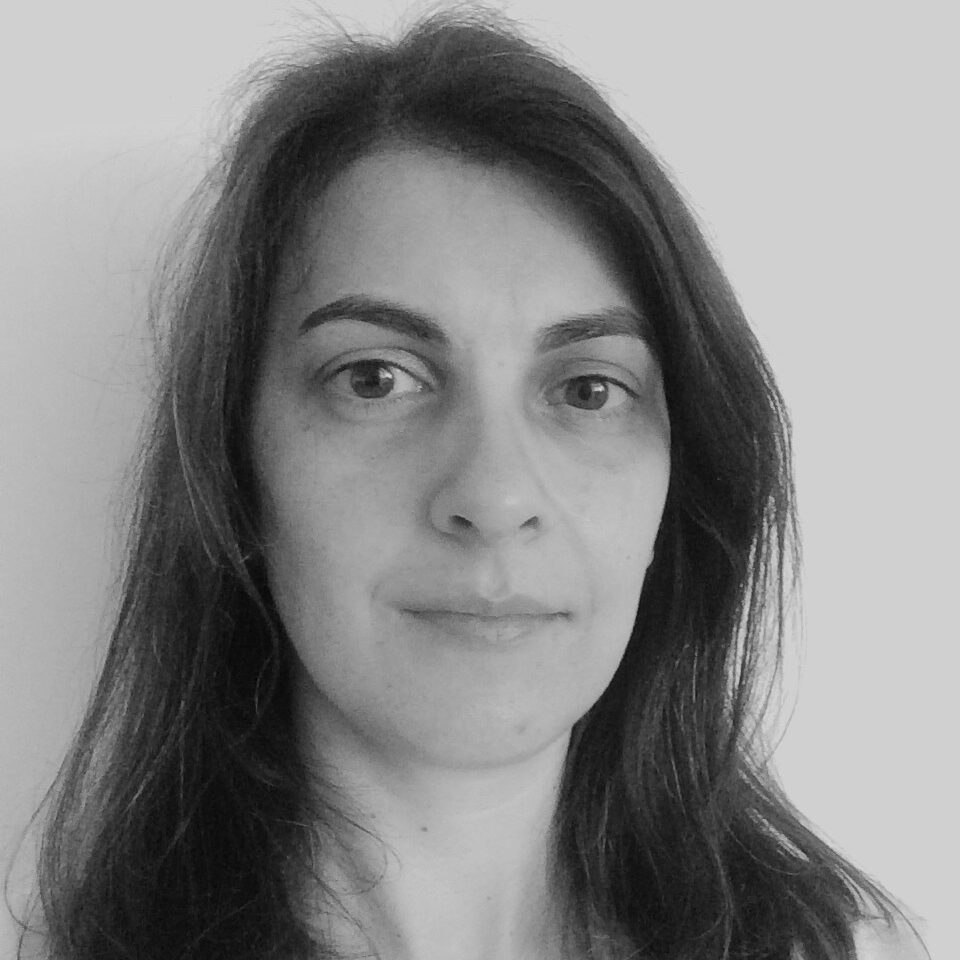
Supervisor: Beatriz Condessa
Ana Rita Gonçalves
ana.rita.g@tecnico.ulisboa.pt
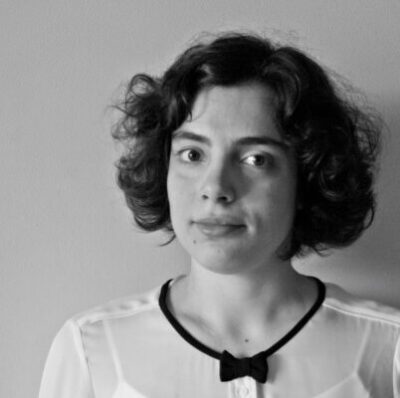
PhD Title: “A Casa Nobre Pré-Joanina em Lisboa”
Supervisor: João Vieira Caldas
Anas Shrefahe
anas.shrefahe@tecnico.ulisboa.pt

PhD Title: City Archive: A tool for raising a city from the ashes. The case of Aleppo, Syria
Supervisor: Ana Tostões, Jorge Gonçalves
Cássio de Lucena Carvalho
cassiolucena@hotmail.com
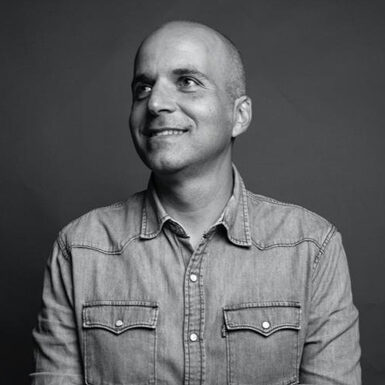
PhD Title: ARQUITETURA ESCOLAR DEMOCRÁTICA _ Estratégias de planeamento e princípios de concepção em escolas públicas em Portugal
Supervisor: Pedro Rodrigues, Alexandra Alegre
Duarte Cunha
duartecunha@tecnico.ulisboa.pt
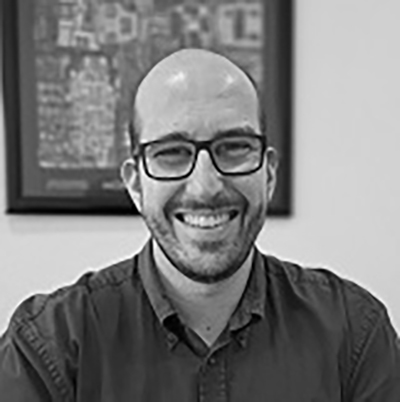
PhD title: Keeping Aviation Security Costs Down in Regional Airports with a Risk Based Approach – Azores Case Study
Supervisor: Rosário Macário, Vasco Reis
Fabiana Peixoto de Mello
fabiana.mello@tecnico.ulisboa.pt

PhD title: Voluntary Carbon Credits in Aviation
Supervisor: Rosário Macário
Fernanda Caroline Magalhães
fernandamagalhaes@tecnico.ulisboa.pt

PhD Title: Adapted scenarios in Atlantic coastal areas to sea level rise with nature-based solutions – NbS
Supervisor: Miguel Amado, Inês Flores-Collen; Ana Brás
Freddy Paiva Nogueira
freddynogueira@outlook.com
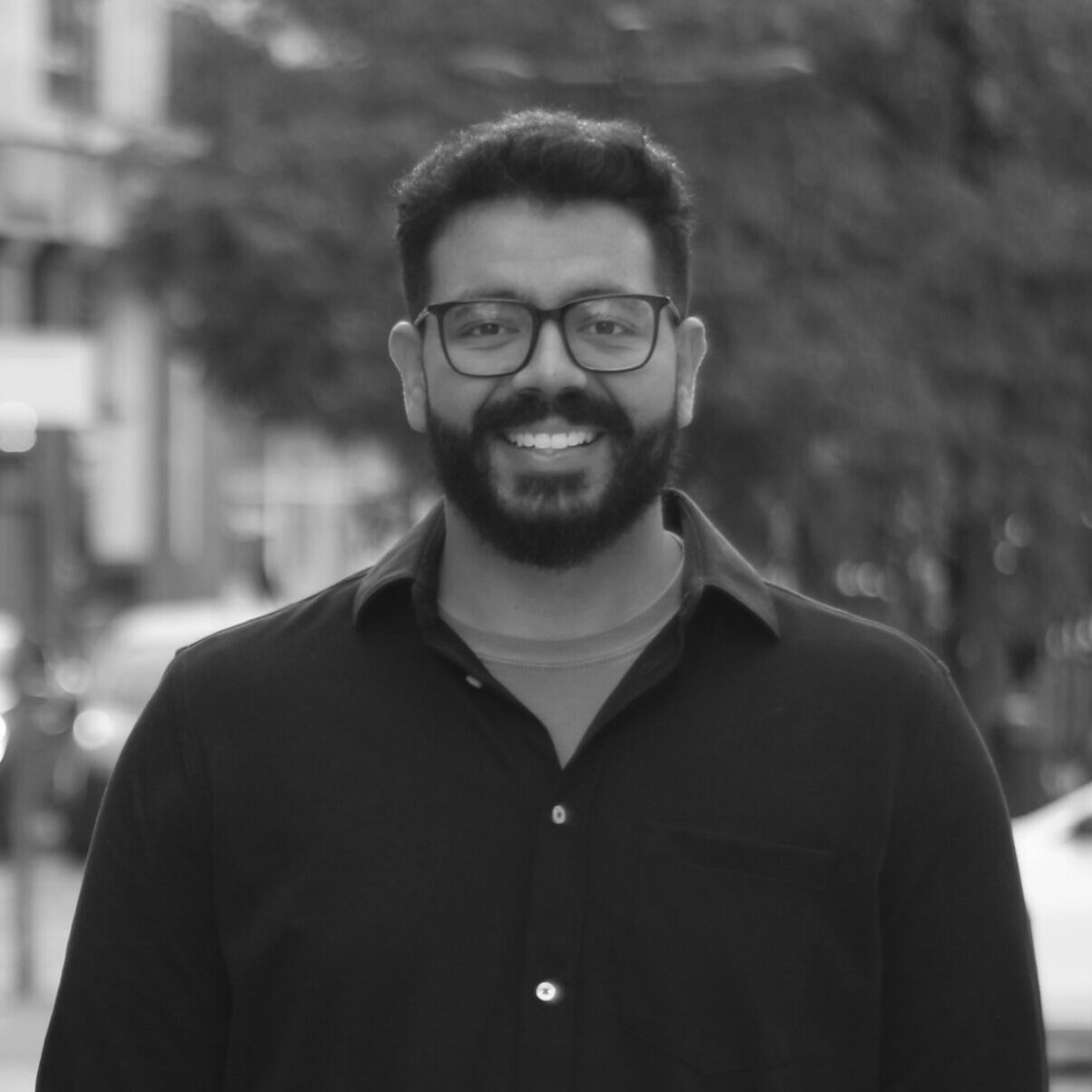
PhD title: Micromobility Supported by Tactical Interventions in Contexts of Rupture
Supervisor: Filipe Moura, Ana Sá
Guilherme Saad Ximenes
guilherme.saad@tecnico.ulisboa.pt
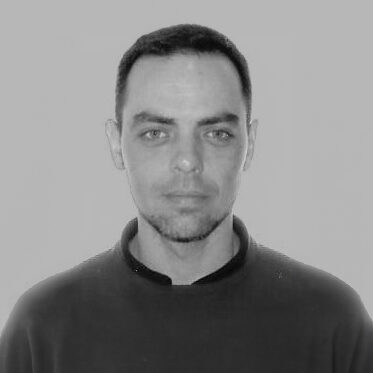
PhD Title: Transformative approaches in social-forestry systems to promote multifunctional, biodiverse and fire resilient forests
Supervisor: Maria do Rosário Partidário
Inês Gato de Pinho
inesgatodepinho@tecnico.ulisboa.pt
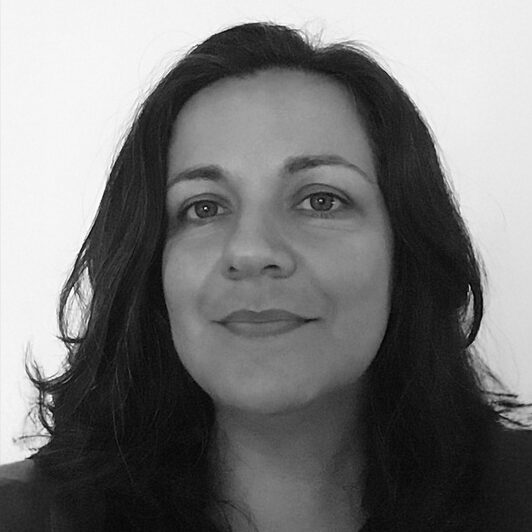
PhD title: Modo Nostro. A especificidade da Arquitectura da Companhia de Jesus e as últimas fundações da Província Portuguesa nos Sécs. XVII e XVIII
Supervisor: João Vieira Caldas, Maria João Pereira Coutinho, Rui Pedro Mexia Lobo,
Izabela Uliana Pellegrini
izabela.pellegrini@gmail.com
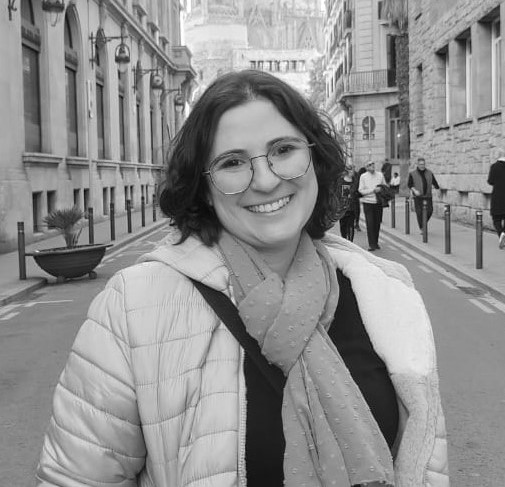
PhD title: Mudanças climáticas e uso de Soluções Baseadas na Natureza para adaptação aos episódios de calor extremo.
Supervisor: Miguel Amado
Jacopo Tosi
jacopo.tosi@tecnico.ulisboa.pt
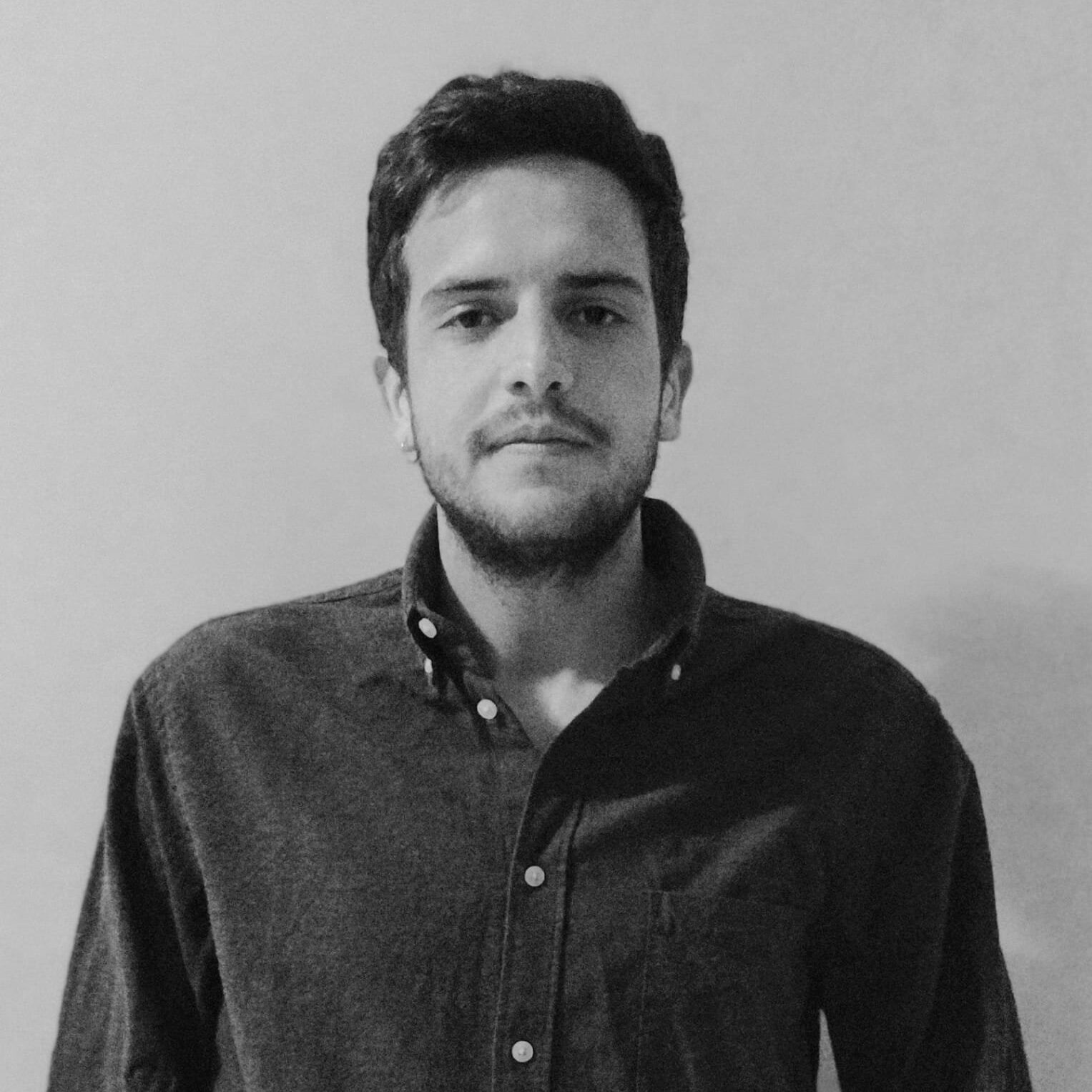
PhD title: GREEN-BIM BIM workflow for green high-performance building: design to construction
Supervisor: Miguel Amado, Francesca Poggi
João Cópio
joao.copio@tecnico.ulisboa.pt
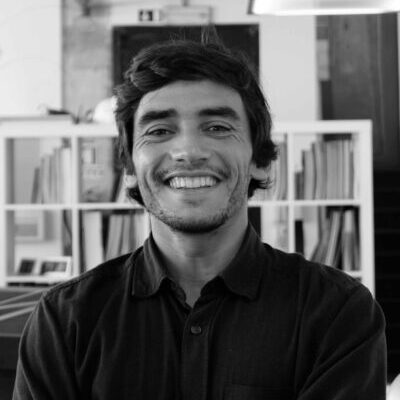
PhD title: Modelos de Planeamento Espacial para Comunidades Resilientes em Territórios Fragilizados – O caso de Odemira
Supervisor: Miguel Amado, Ana Tomé
João Manuel Duarte Branco
branco.joao@gmail.com

PhD Title: Construir intemporal: protótipos termodinâmicos da arquitetura regional em Portugal
Supervisor: Paulo Providência, Ana Tostões
Julianno Amorim
julianno.amorim@tecnico.ulisboa.pt
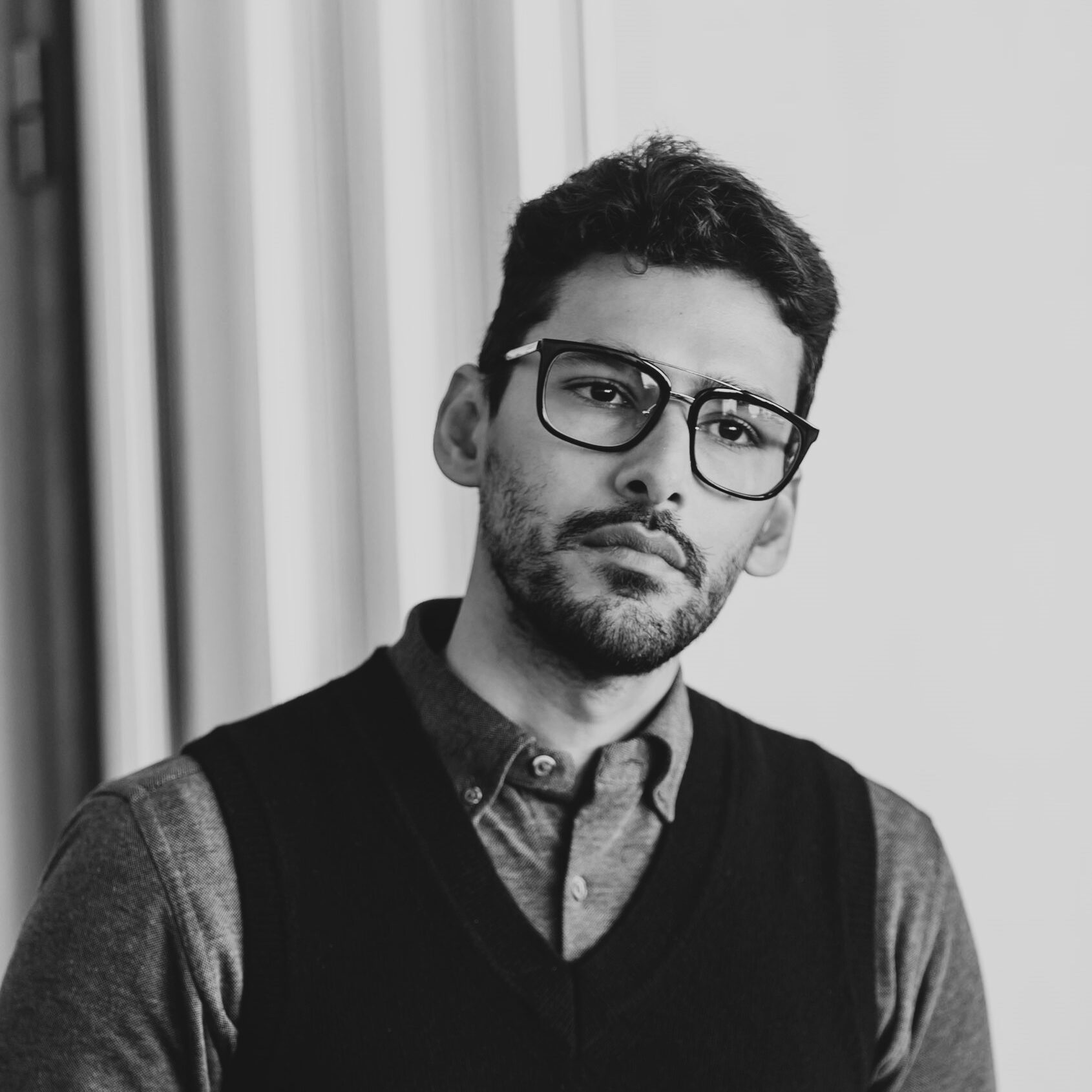
PhD title: Equity in access to public transportation: a metropolitan view on accessibility
Supervisor: João de Abreu e Silva, Jorge Gonçalves
Katarina Ukoprina
katarina.ukropina@tecnico.ulisboa.pt
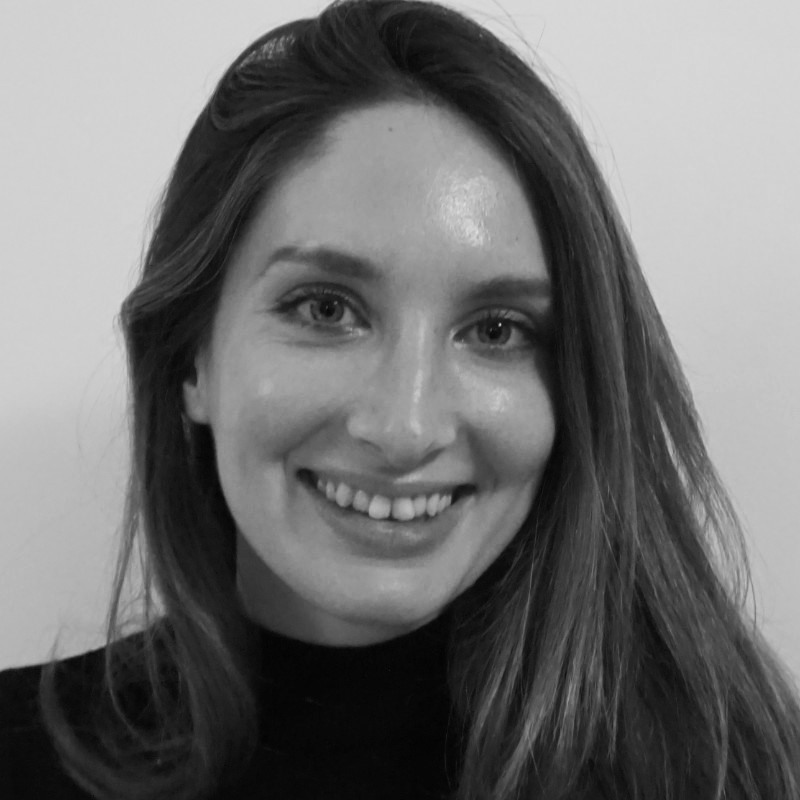
PhD title: Sustainable Architecture
Supervisor: Manuel Correia Guedes
Lina Rojas
lina.maria@tecnico.ulisboa.pt
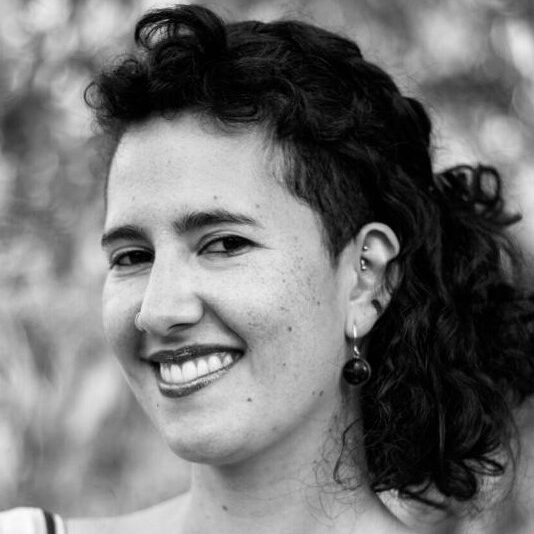
PhD title: Exploring potentials of Cultural Ecosystem Services for transformative change in Planning Practices: Methodological and theoretical approaches in Mafra, Portugal
Supervisor: Isabel Loupa Ramos
Luis Filipe Pinheiro Gabriel
luis.gabriel@iseclisboa.pt

PhD title: An Integrated Physics-Informed AI Framework for Aircraft Emissions Prediction and Economic Optimisation of SAF Deployment
Supervisor: Maria Emilia Baltazar
Mahdi Jafarzadeh Miyandoab
mahdi.jafarzadeh@tecnico.ulisboa.pt
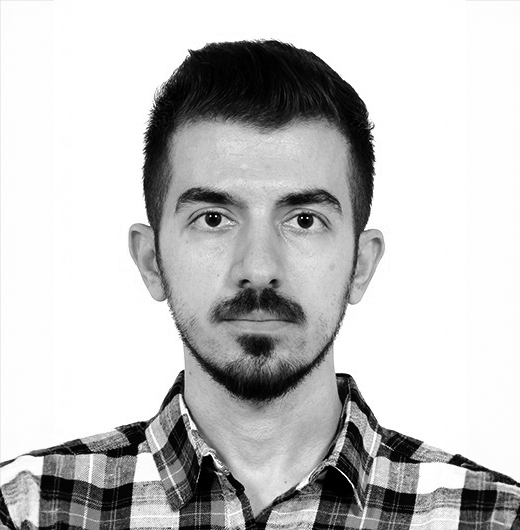
PhD Title: Bridging Vernacular and Modern Architecture: Strategies for Sustainable and Climate-Adaptive Design
Supervisor: Miguel Amado
Maíra Vucovix
mairavucovix@tecnico.ulisboa.pt

PhD title: Políticas públicas habitacionais e direito à cidade: desafios na lusofonia
Supervisor: Ana Sá, Fernando Nunes da Silva
Marta Rodrigues da Costa
martaisrcosta@gmail.com
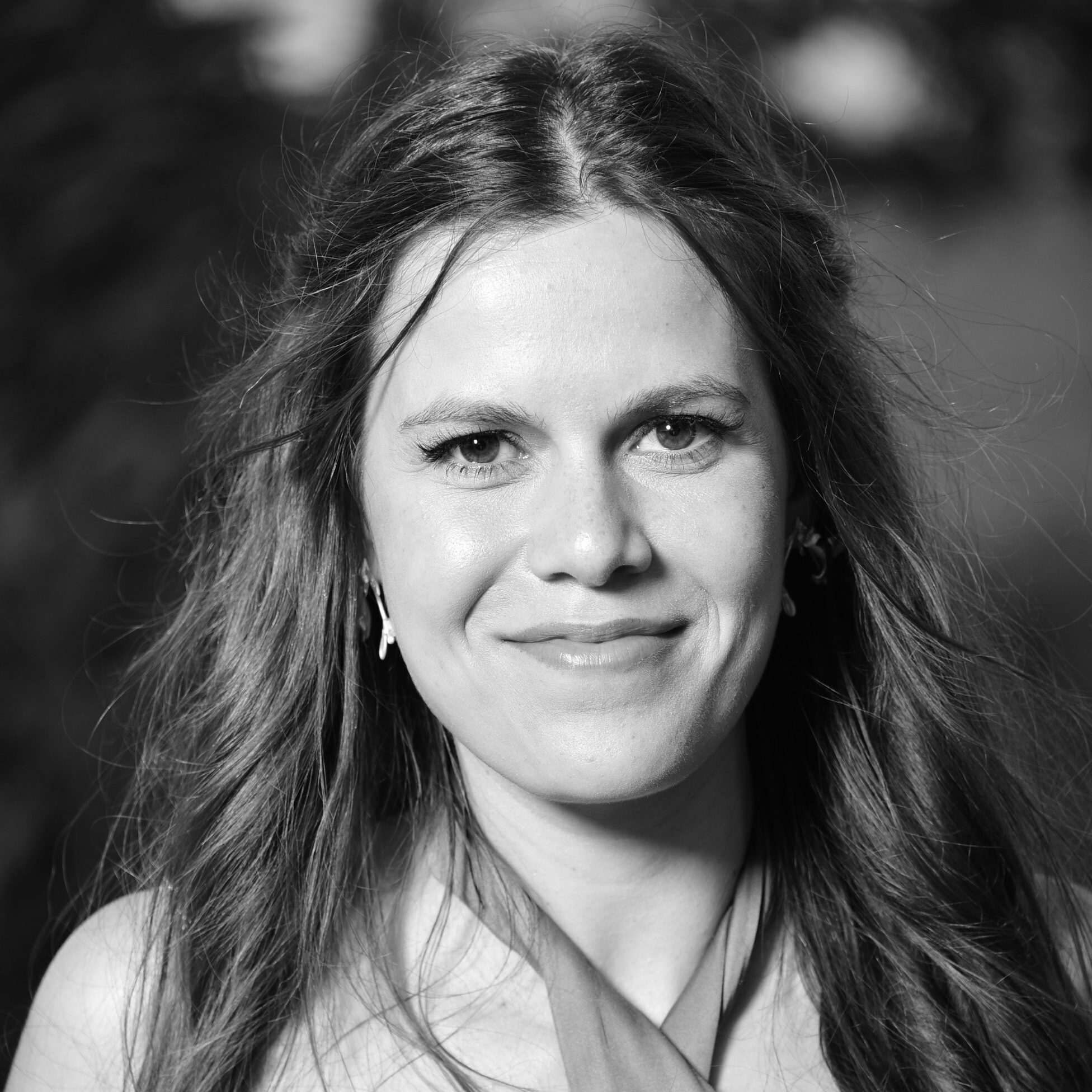
PhD title: O Heritage Building Information Modelling (HBIM) na otimização da reabilitação de Edifícios Pombalinos em Lisboa: do Projeto à Intervenção
Supervisor: Miguel Amado
Miguel Diniz Jarroca
miguel.jarroca@tecnico.ulisboa.pt
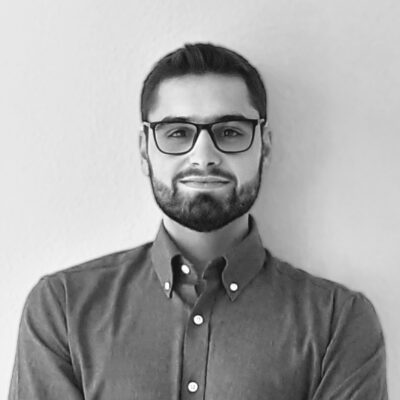
PhD title: Um novo olhar sobre a construção vernácula açoriana a partir dos processos tradicionais remanescentes na ilha do Pico
Supervisor: João Vieira Caldas, João Appleton, Alexandra Alegre
Miguel Reis Vasco
miguel.reis.vasco@tecnico.ulisboa.pt
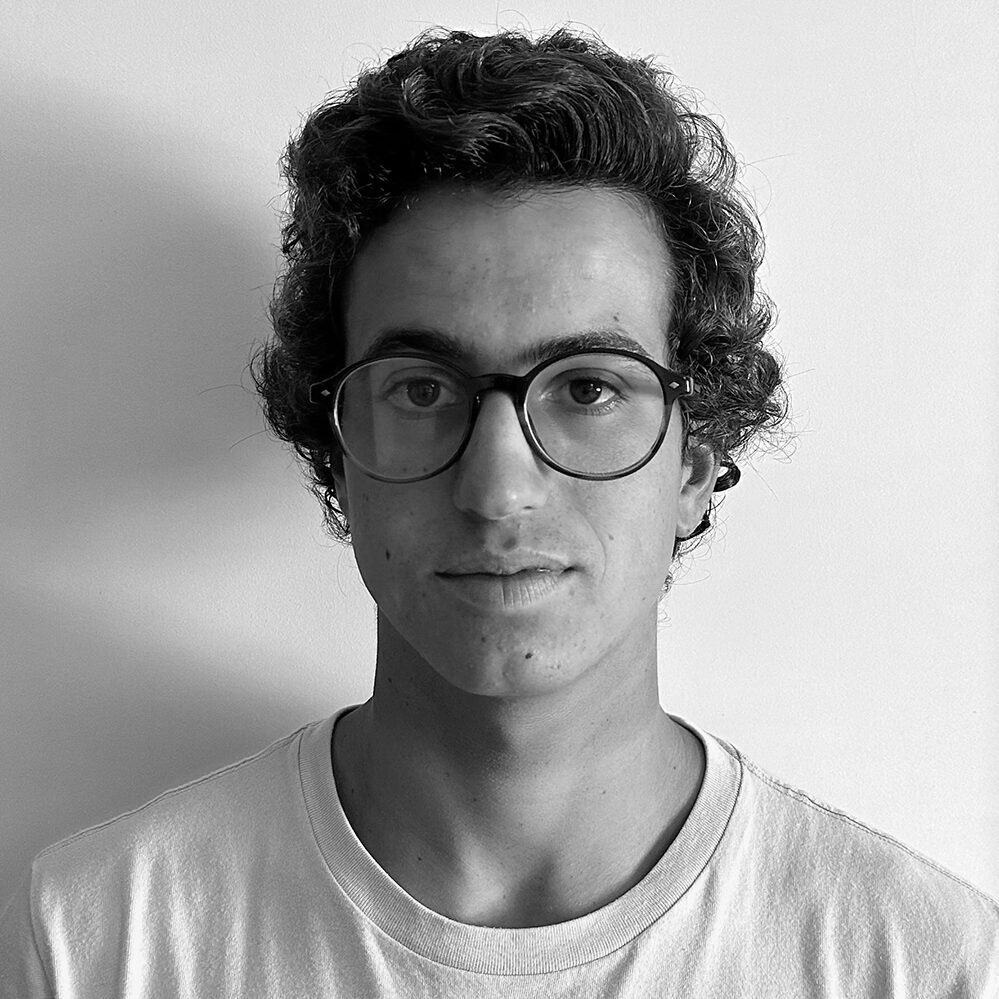
PhD title: Influência da Composição Musical Polifónica na Arquitetura Religiosa Portuguesa da Época Moderna e vice-versa. Estudo de simulação acústica da performance musical no espaço e ao longo da História.
Supervisor: João Vieira Caldas, Braxton Boren
Nádia Albuquerque
nadia.albuquerque@tecnico.ulisboa.pt
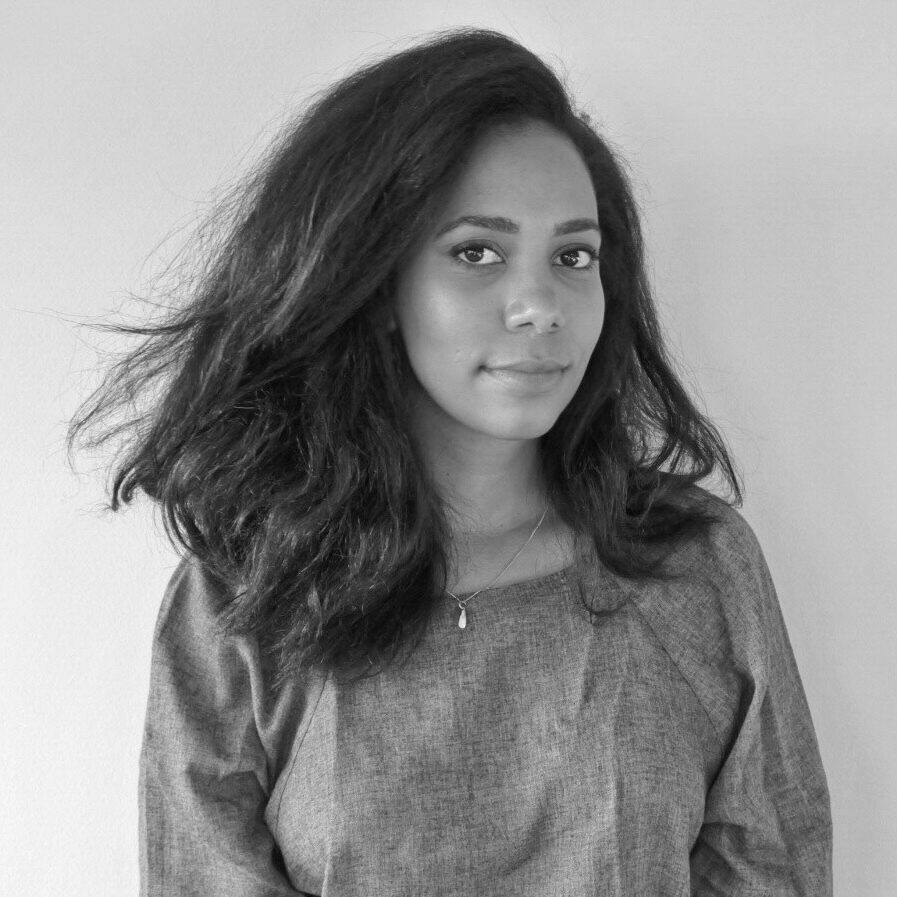
PhD title: A Vision of Conceptual Frameworks for Slum Transformation in Sub-Saharan Africa. A Comparative Study of Angola, Mozambique, and Sao Tome and Principe.
Supervisor: Manuel Correia Guedes, Isabel Raposo
Nelson Pereira de Sousa
nelson.sousa@tecnico.ulisboa.pt
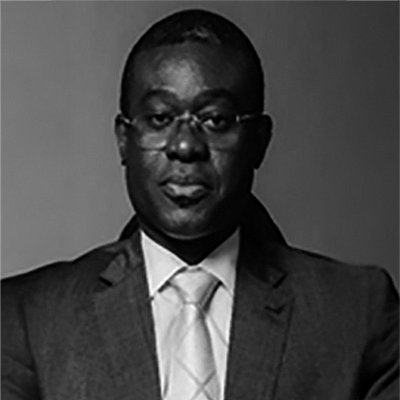
PhD Title: Plano Metropolitano de Luanda “Visão Prospetiva de Conjunto e Setorial
Supervisor: Jorge Gonçalves
Niccolò Arnaldo Galliano
niccoloarnaldogalliano@tecnico.ulisboa.pt
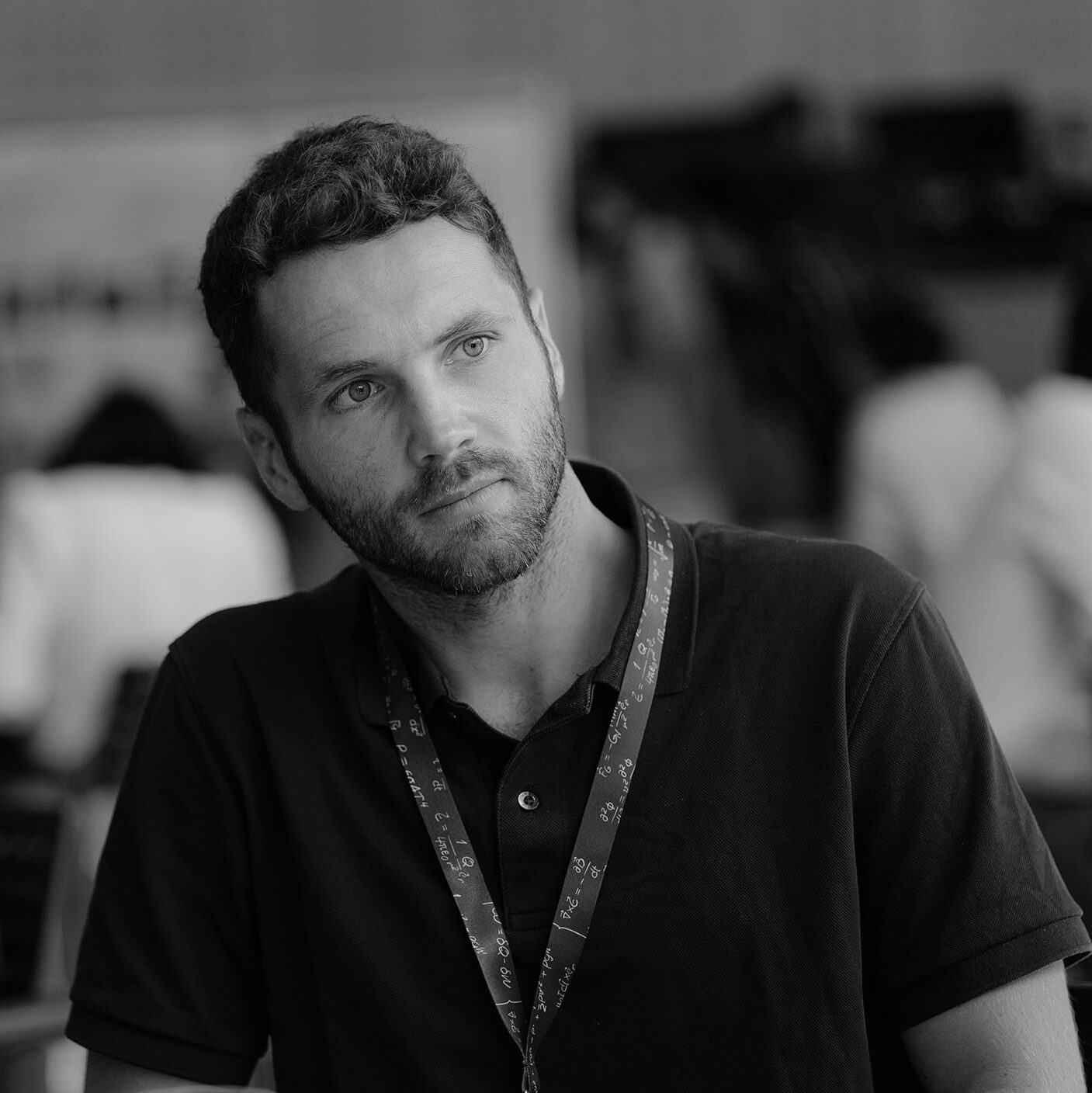
PhD title: Modern Housing in the Pearl River Delta. Lives in-between European influence and East Asian architectural ecosystems
Supervisor: Daniela Arnaut, Ana Tostões, Rui Leão
Paula Vale de Paula
paulavaledepaula@tecnico.ulisboa.pt
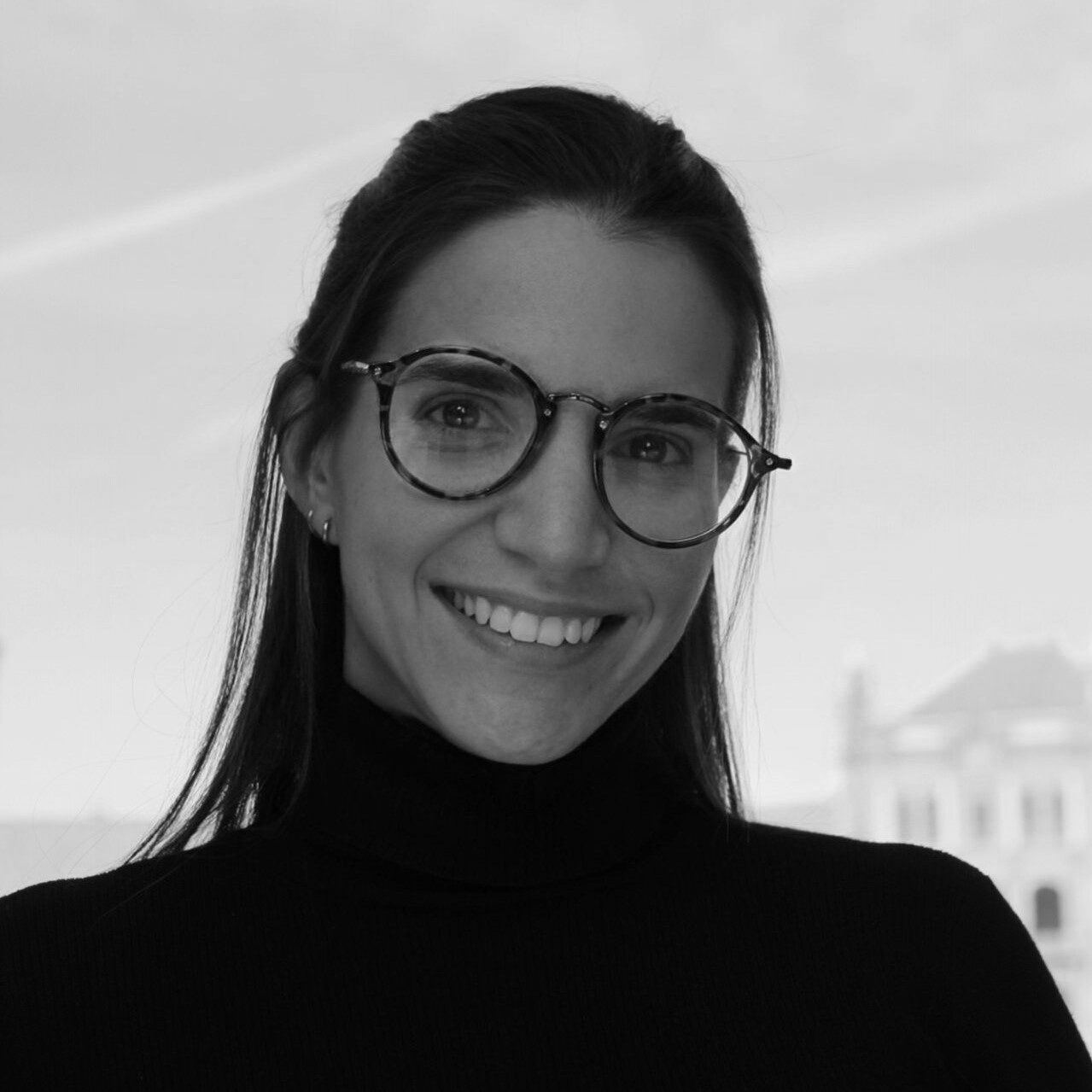
PhD title: Public-Private Partnerships in Urban Regeneration Projects: Enabling Environment and Critical Success Factors
Supervisor: Rui Cunha Marques, Jorge Gonçalves
Paulo Marco Calinas Rodrigues
paulomcrodrigues@tecnico.ulisboa.pt
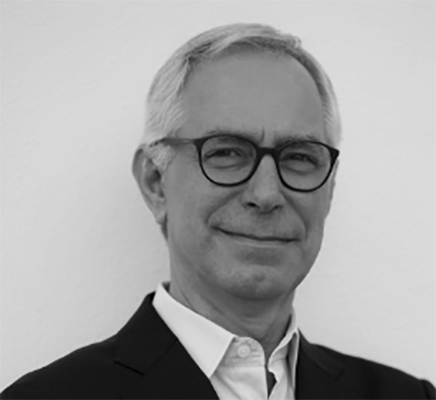
PhD Title: Enable Environment for Wastewater Reuse
Supervisor: Rui Cunha Marques, Jorge Gonçalves
Paulo Soares
ps.airlaw@gmail.com
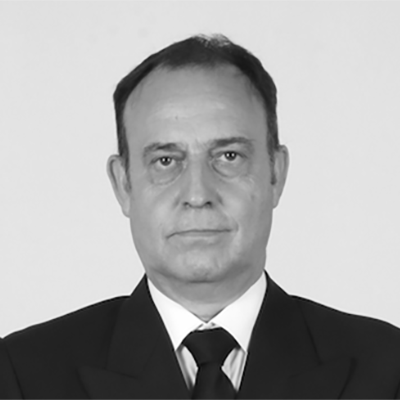
PhD title: Rede Regional de Infraestruturas Aeroportuárias, de Emergência Médica e de Proteção Civil
Supervisor: Jorge Miguel dos Reis Silva
Raquel Barreto
raquelsofia73barreto@gmail.com
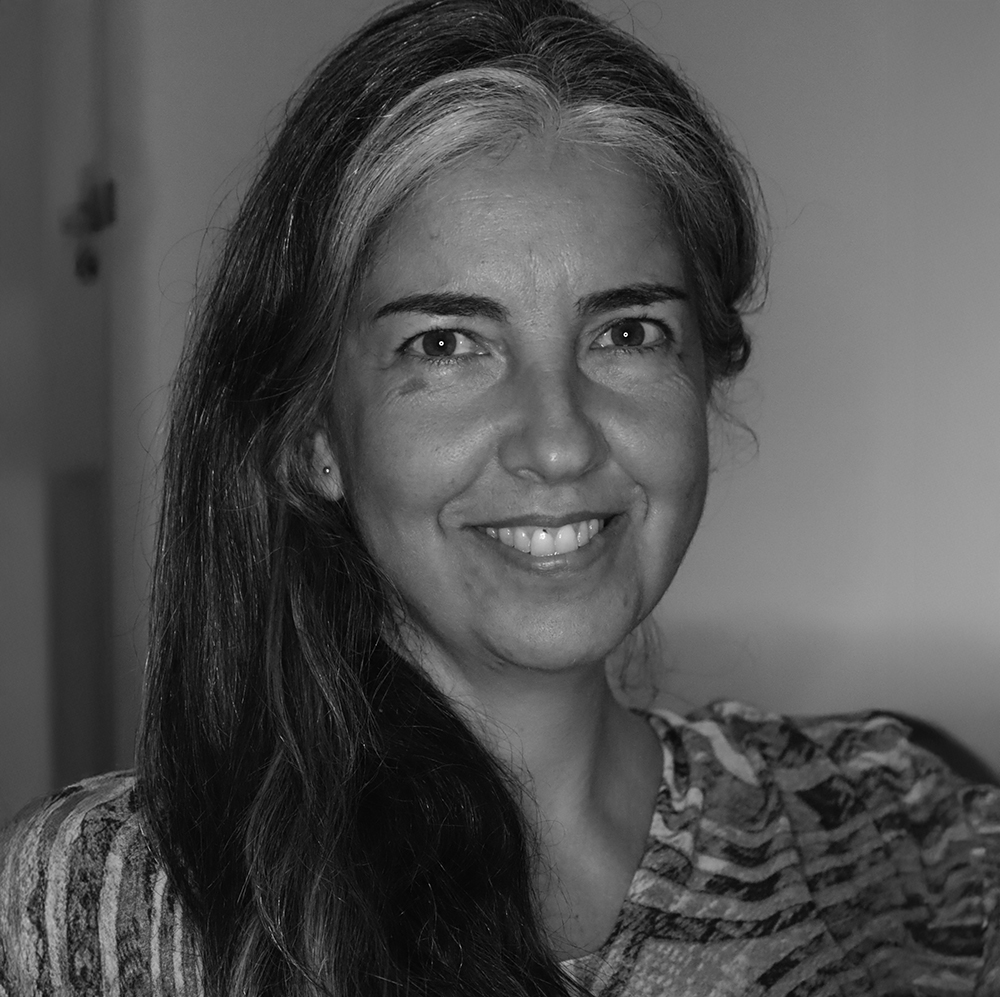
PhD title: Governance Mechanisms in Nature-Based Solutions for Urban Flood Management: A Qualitative Study of Subjective Experiences and Community Empowerment.
Supervisor: Fátima Bernardo
Rita Castel’ Branco
rita.castelbranco@tecnico.ulisboa.pt
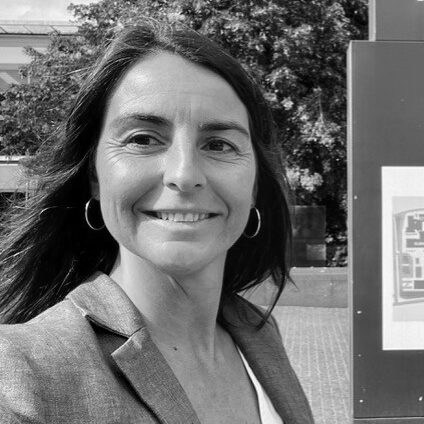
PhD title: Wishful City: shaping a better framework for improved urban living
Supervisor: António Ricardo da Costa
Sara Marzio
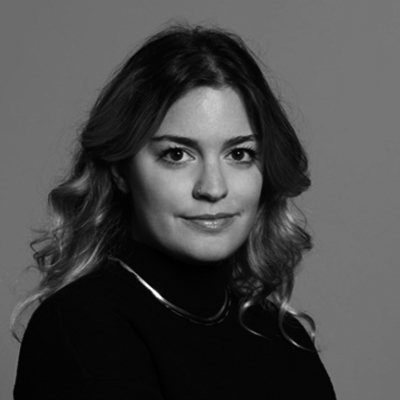
PhD Title: GRUW Green Regeneration of Urbanized Waterfronts
Supervisor: Miguel Amado, Francesca Poggi
Sofia Ribeiro
sofiaribeiro@outlook.pt

PhD Title: Transforming Cities for Sustainable Futures
Anticipatory Governance and Active Mobility as Catalysts for Climate Neutrality
Supervisor: Maria Rosário Partidário; Filipe Moura; Sofia Bento
Tiago Cristóvão
tiago@tiagocristovao.com
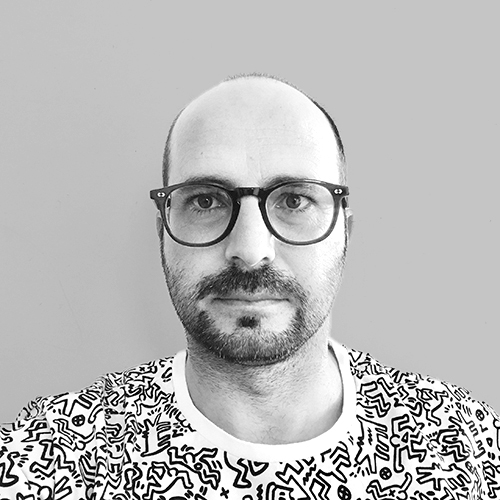
PhD Title: Representar e comunicar arquitetura: do conceito à obra
Supervisor: João Vieira Caldas, Jorge dos Reis
Tiago Santos
tiagocsantos220@tecnico.ulisboa.pt
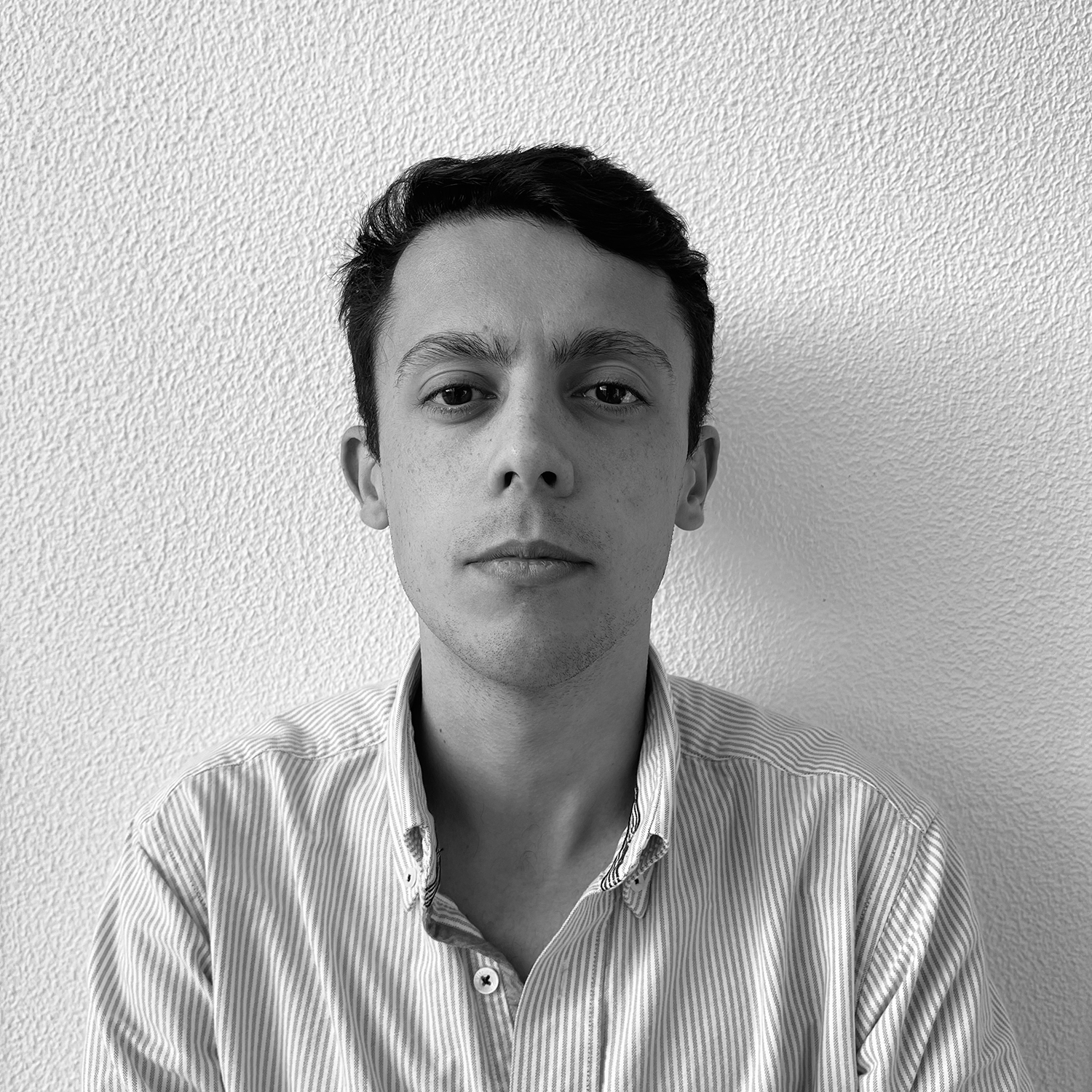
PhD title: Mapping the Intangible: AI-Driven Capture of People’s Perceptions and Behaviours for Urban Landscape Mapping (POPTECMAP)
Supervisor: Isabel Loupa Ramos, João Paulo Costeira
Vasile-Codrut Iuga
mailto:vasile.codrut.iuga@tecnico.ulisboa.pt

PhD title: Post-occupancy sustainability studies and healthcare architecture research on autism design in global representative buildings
Supervisor: Manuel Correia Guedes, David G. Amaral
Veruska Mazza Rodrigues Dias

PhD title: The innovation economy from aerospace clusters: smart-green-innovative technologies that drive the creation of smart cities
Supervisor: Jorge Miguel dos Reis Silva
Victor Bussolotti
victorbussolotti@hotmail.com

Supervisor: Miguel Amado
Zara Castelo Ferreira
zara.c.ferreira@gmail.com
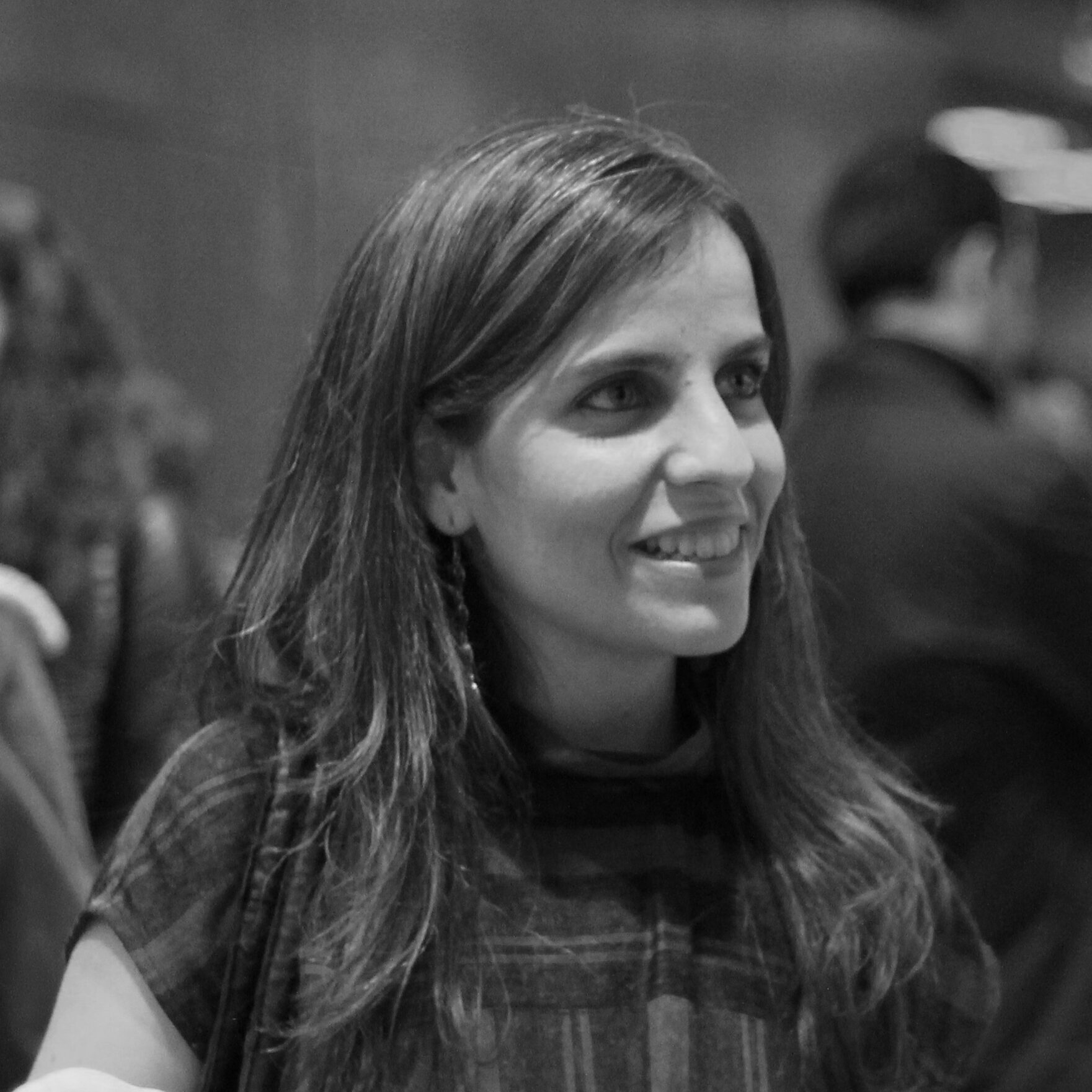
PhD title: Habitações para o maior número em Lisboa: Olivais e Telheiras
Transformação do espaço doméstico e dos modos de habitar (1960s-2020s)
Supervisor: Ana Tostões, Franz Graf
STAFF
Marina Borba
Science communication
marina.borba@tecnico.ulisboa.pt
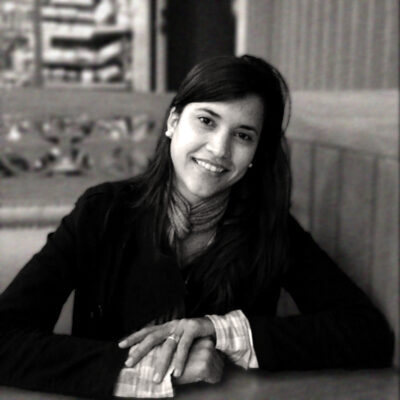
Rosa Nunes
Administrative Support
citua@tecnico.ulisboa.pt

SCIENTIFIC ADVISORY BOARD
Francesco Lo Piccolo
PhD

Francesco Lo Piccolo, Full Professor of Urban Planning since 2006, joined the Department of City and Regional Planning (actually Architecture) at the University of Palermo in 1991. After his Doctorate in Urban and Regional Planning (1996) at the University of Palermo, he has carried out extensive research on the multi-ethnic city and forms of participation and empowerment of local communities at Cardiff University, at the University of Westminster in London and, as Fulbright visiting scholar, at the University of New Orleans and at the University of California, Berkeley.
In 1998–99 he was a TMR Marie Curie fellow at Cardiff University. His current research interests are mostly directed towards social exclusion, ethnicity and diversity, identity and local communities, and public and civic participation, ethics and justice with specific focus on Southern European contexts. Francesco Lo Piccolo has led or co-led over 38 research projects in the field of urban planning over the past 20 years, participating in collaborative research and scholarship with universities and research centers across Europe and the US.
Lone Kørnøv
PhD
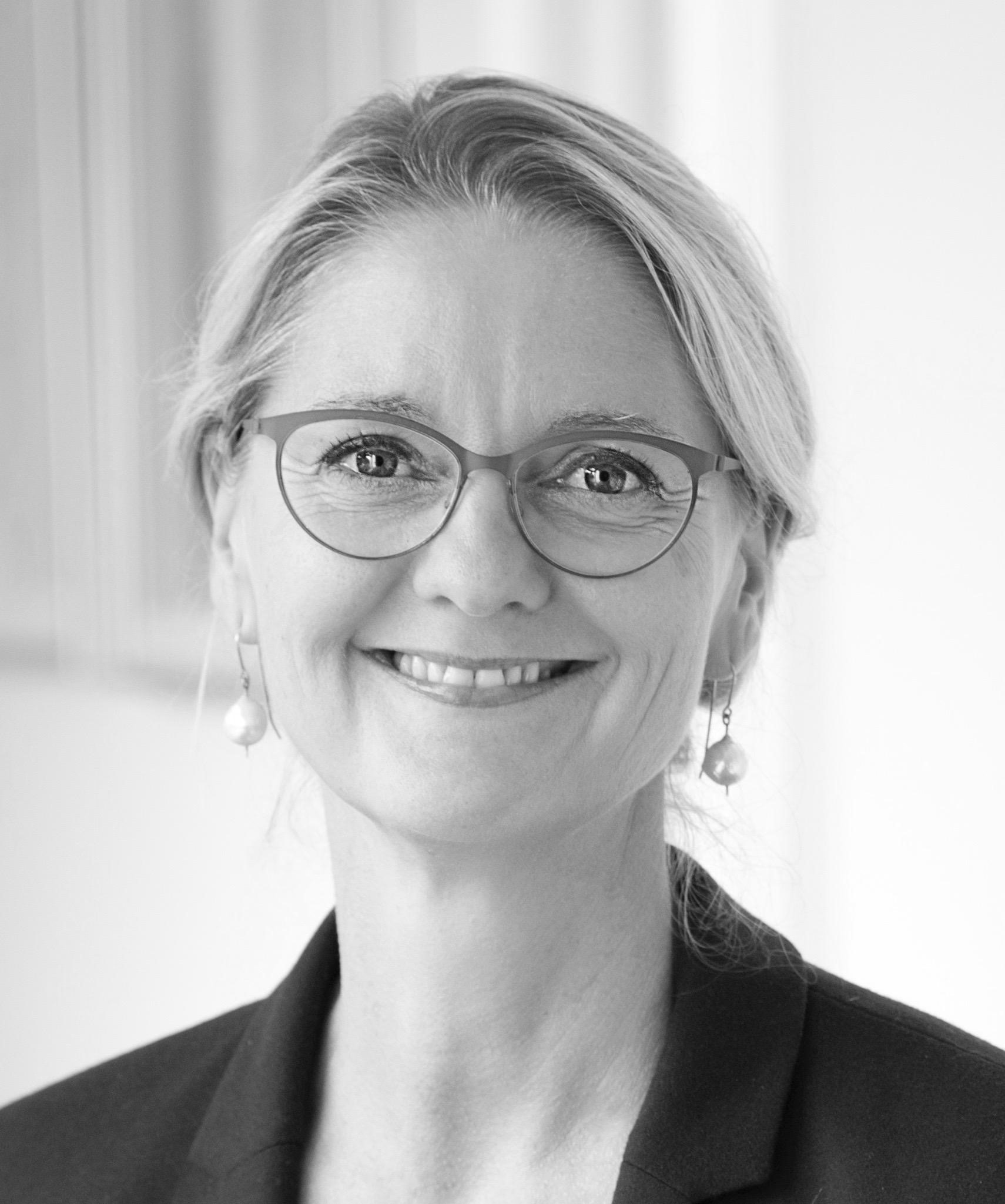
Lone Kørnøv is a Professor at Aalborg University, Denmark and Head of The Danish Centre for Environmental Assessment (DCEA). Her research is focused on impact assessment (SEA, EIA), planning, governance, stakeholder-engagement, and circular economy. She has more than 25-years’ experience within the fields of management and leadership in research and consultancy, Research, university teaching within a PBL model, PhD supervision and Research evaluation.
Sophia Psarra
PhD
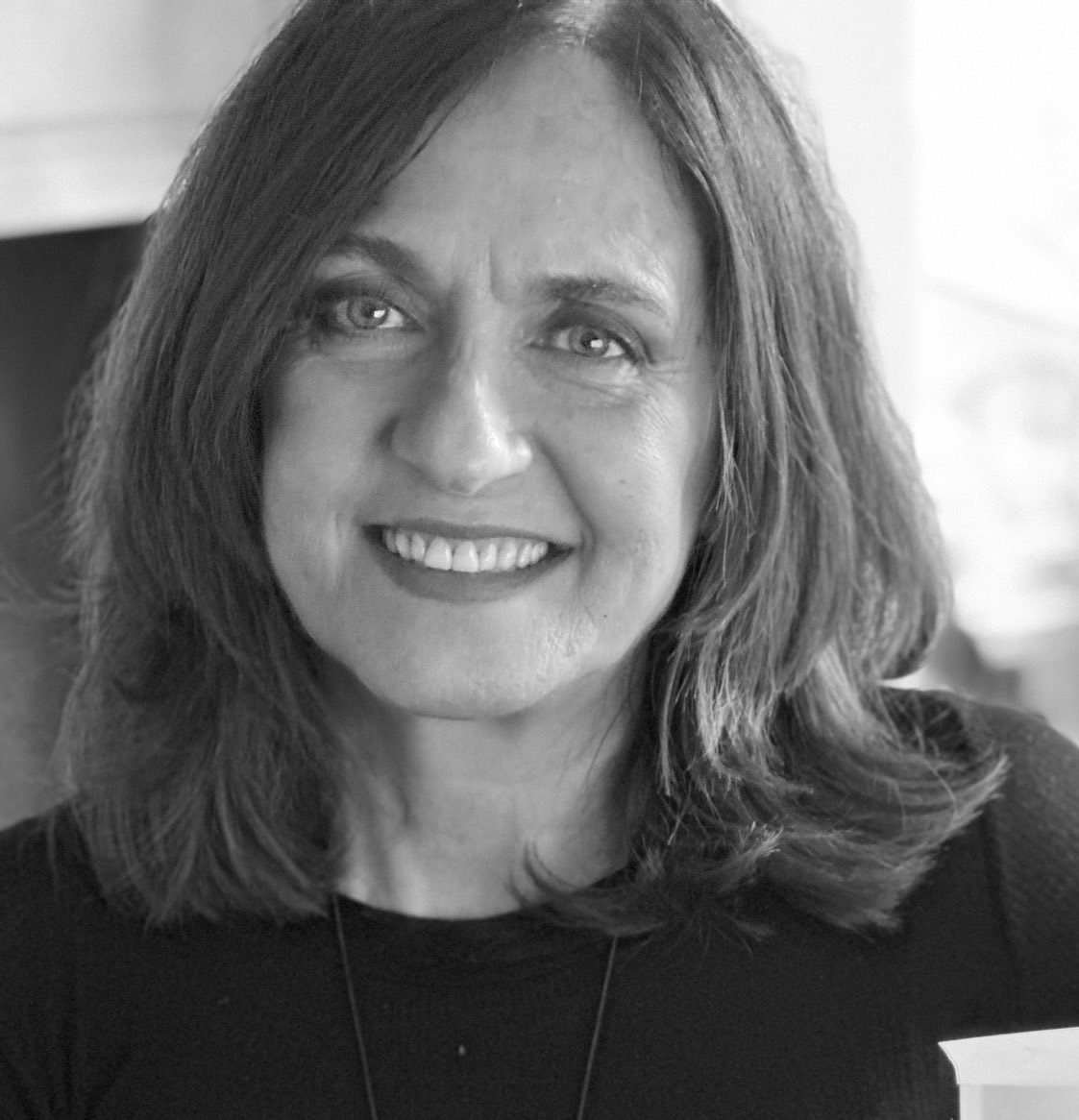
Sophia Psarra is a Professor at the Bartlett, University College London, UK where she also directs the Architectural and Urban History and Theory PhD Programme. Previously, she was Associate Professor at the University of Michigan and Senior Lecturer at Cardiff University. Her research explores the relationship between spatial characteristics, use, social relations and cultural meaning. She is currently researching the architecture of parliaments and parliamentary spaces in relation to the formation of political culture in European and wider contexts.
Sophia Psarra has collaborated on the relationship between layout, exhibition narratives and visitors’ experience with cultural institutions such as the MoMA in New York and the Natural History Museum in London. She has won first prizes in international architectural competitions and her work has been exhibited at Venice Biennale, the George Pompidou Center, NAI Rotterdam, and in London, Berlin, Milan and Athens. She is the author of Architecture and Narrative (2009) and The Venice Variations (2018), editor of The Production Sites of Architecture (2019) and has co-edited the Parliament Buildings: The Architecture of Politics in Europe (2023). Additionally, Sophia was the editor of the Journal of Space Syntax (2011-2015).
Wilfried Wang
PhD

Wilfried Wang, born in Hamburg, co-founded the architecture firm HOIDN WANG PARTNER in Berlin, Germany, alongside Barbara Hoidn. Following his architectural studies in London, he taught and lectured at various schools of architecture and, since 2002, has been the O’Neil Ford Centennial Professor in Architecture at the University of Texas at Austin. Author and editor of numerous architectural monographs and topographs, Wang is also the co-editor of the O’Neil Ford Monograph and Duograph Series. He co-founded 9H Magazine with Nadir Tharani.
Wilfried Wang served as the Director of the German Architecture Museum from 1995 to 2000 and co-directed the 9H Gallery with Ricky Burdett. Additionally, he chairs the Schelling Architecture Foundation Executive Committee, is a foreign member of the Royal Swedish Academy of Fine Arts in Stockholm, an honorary member of the Portuguese Chamber of Architects, and a member and deputy director of the architecture section of the Akademie der Künste in Berlin.

